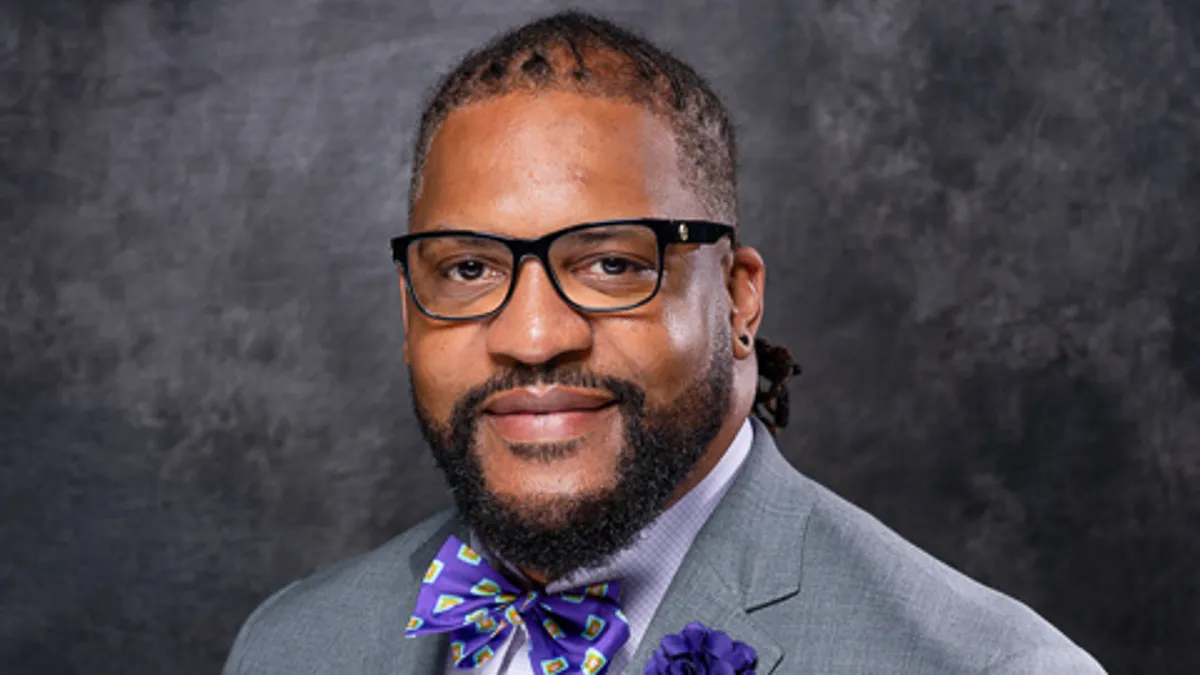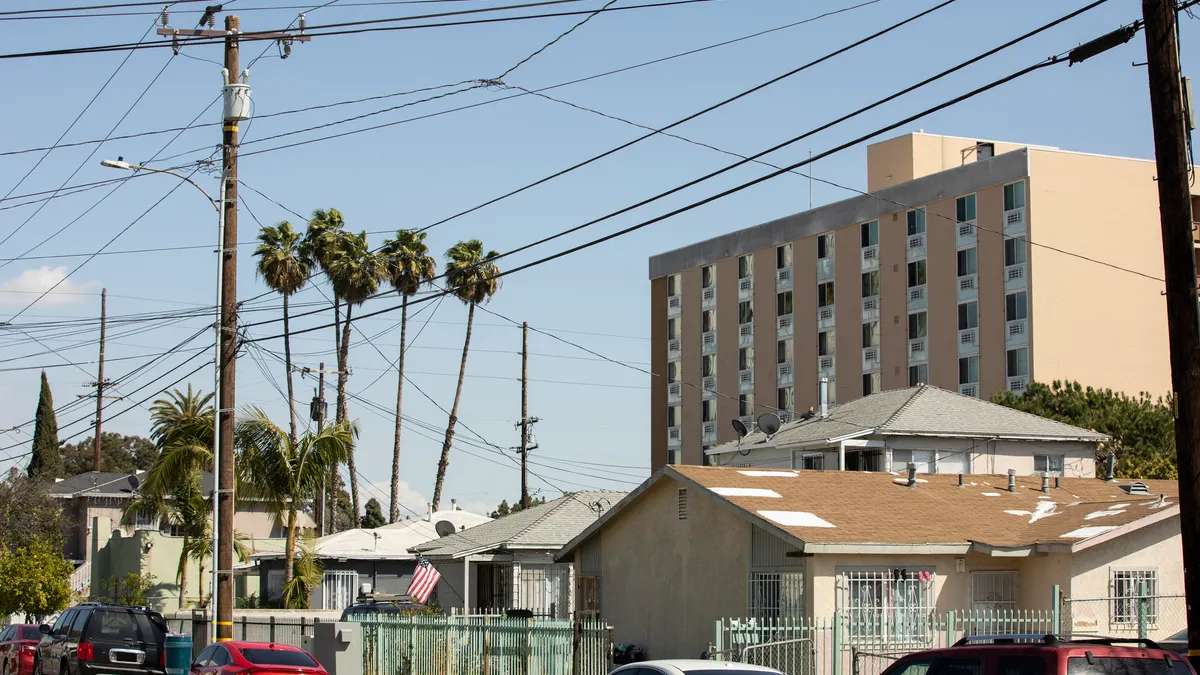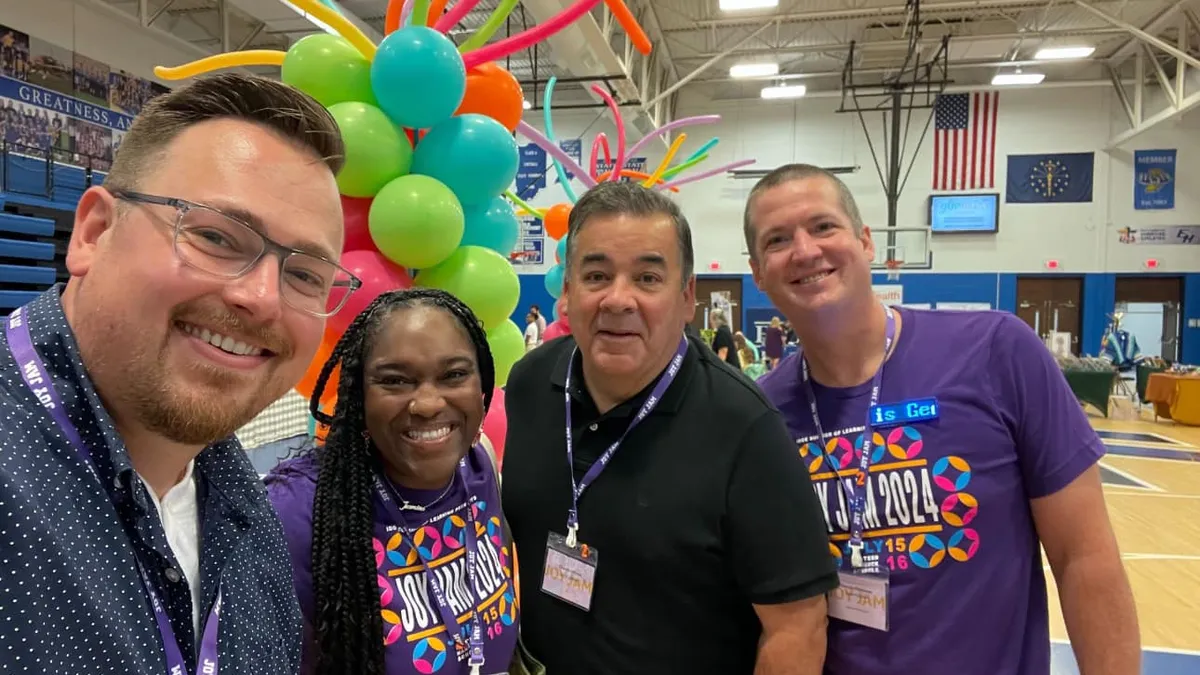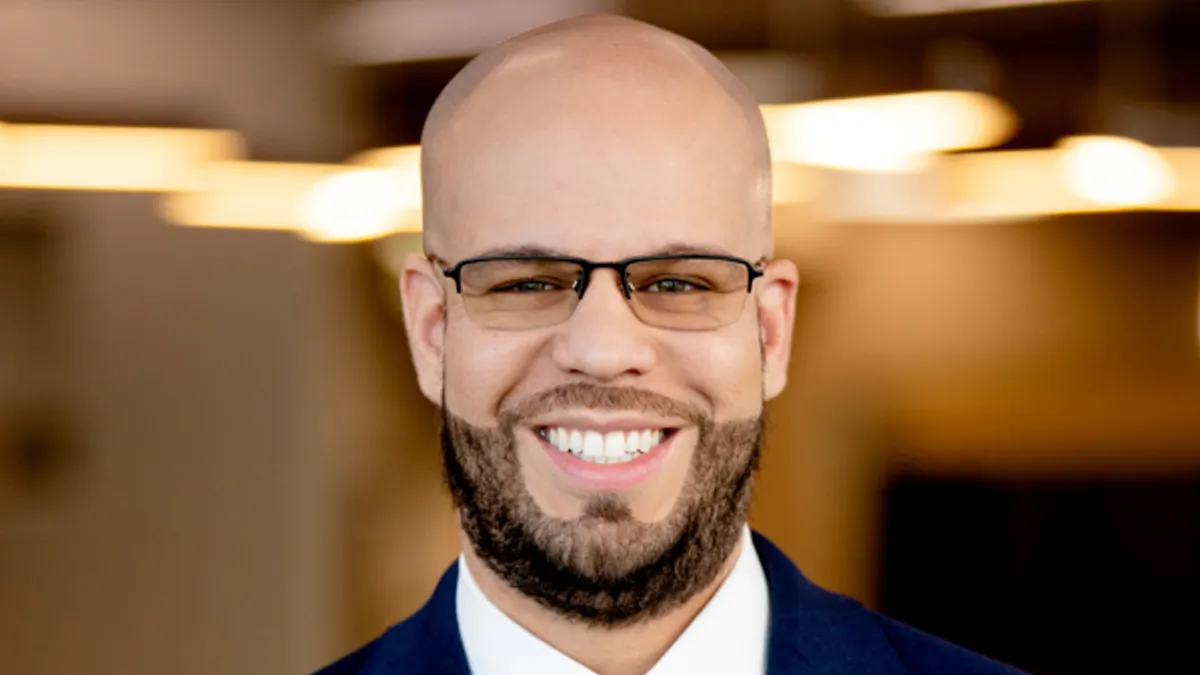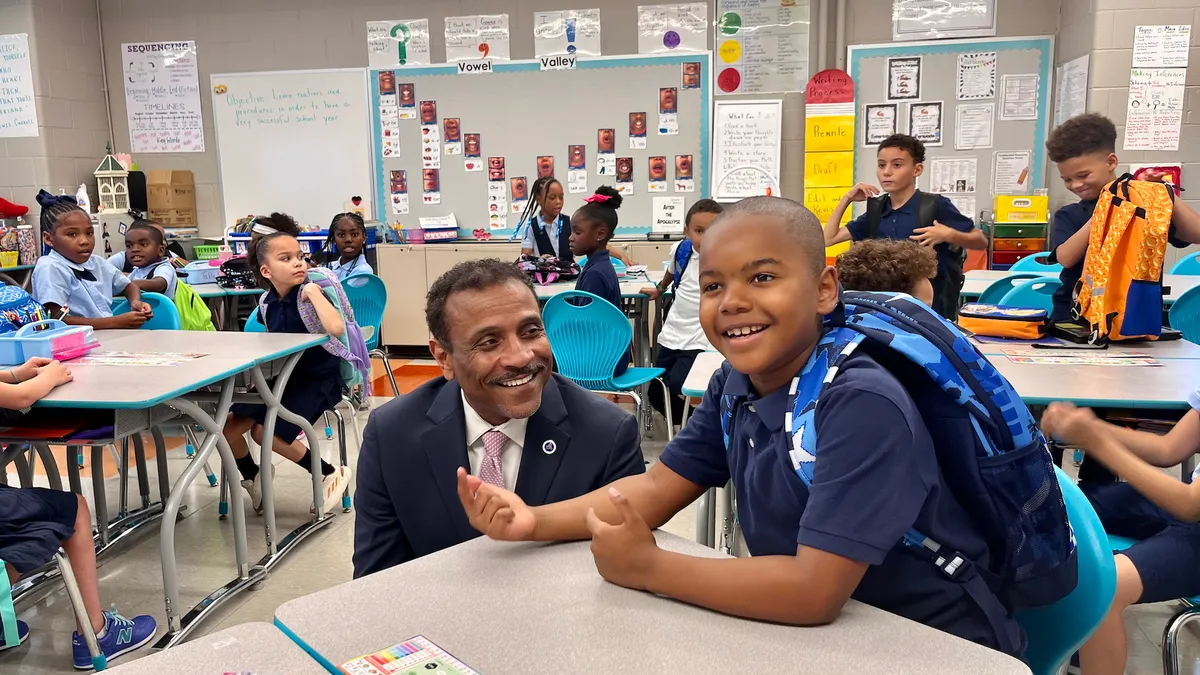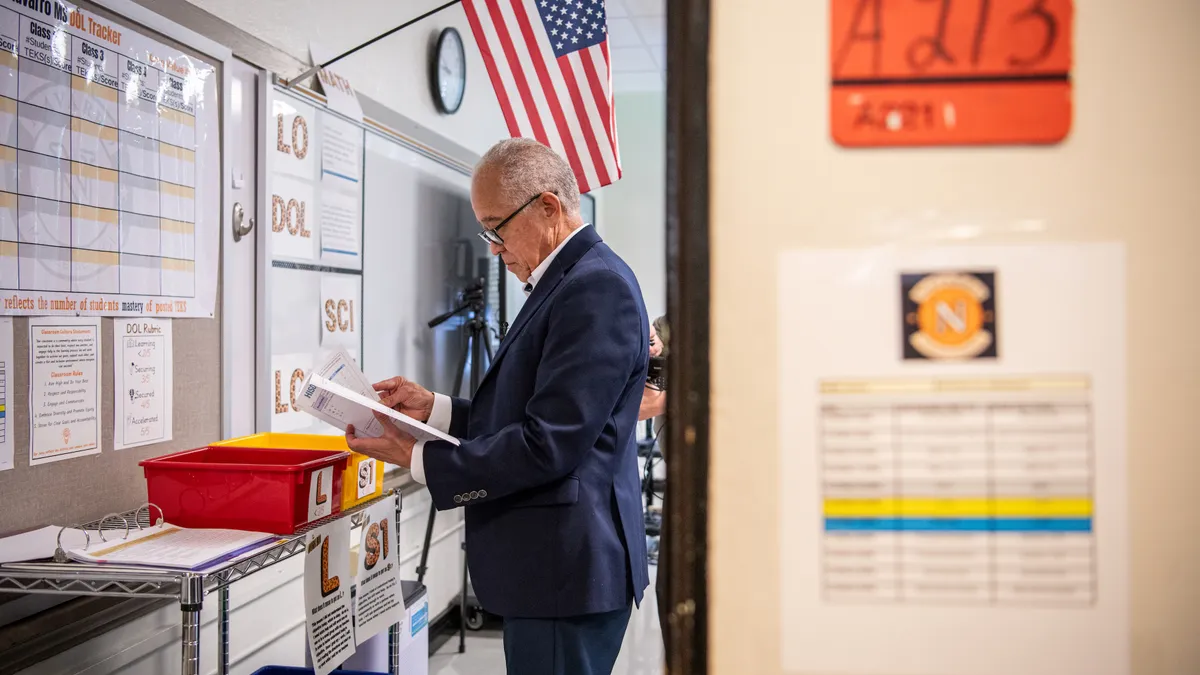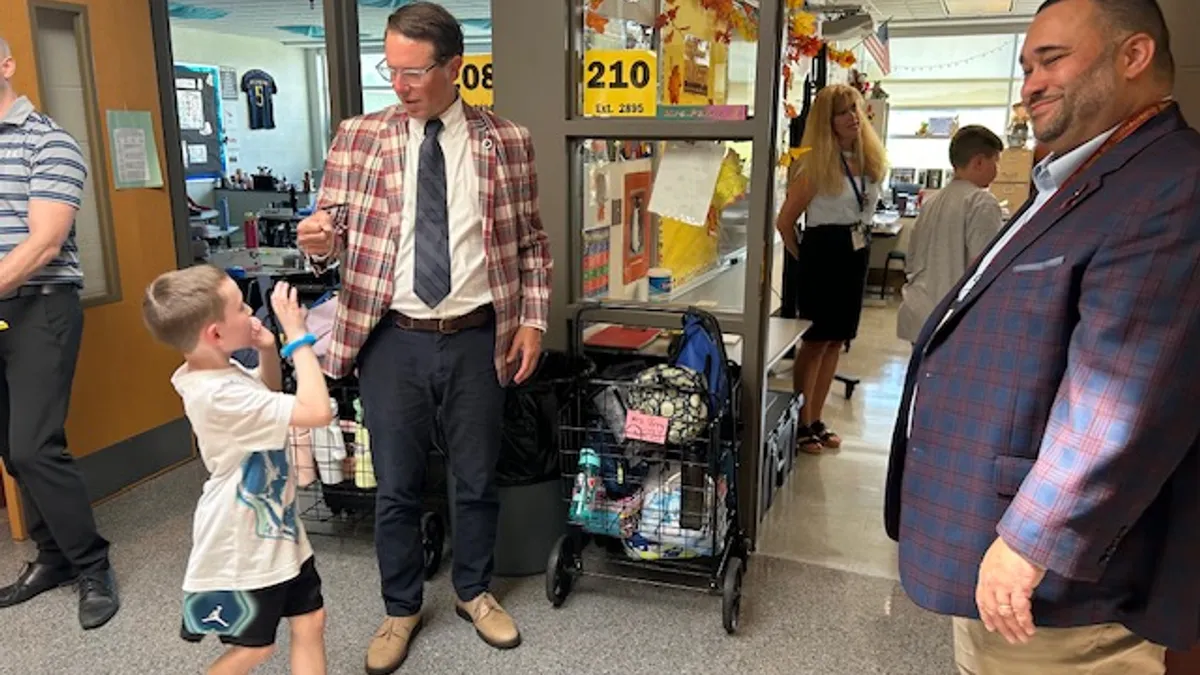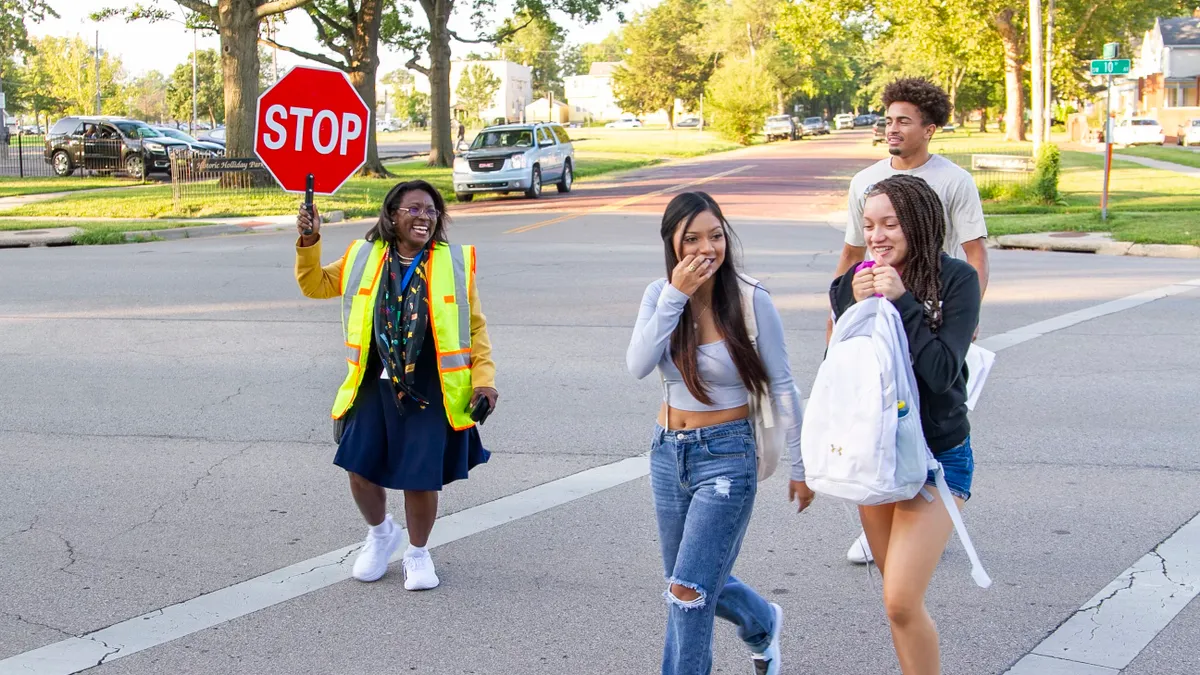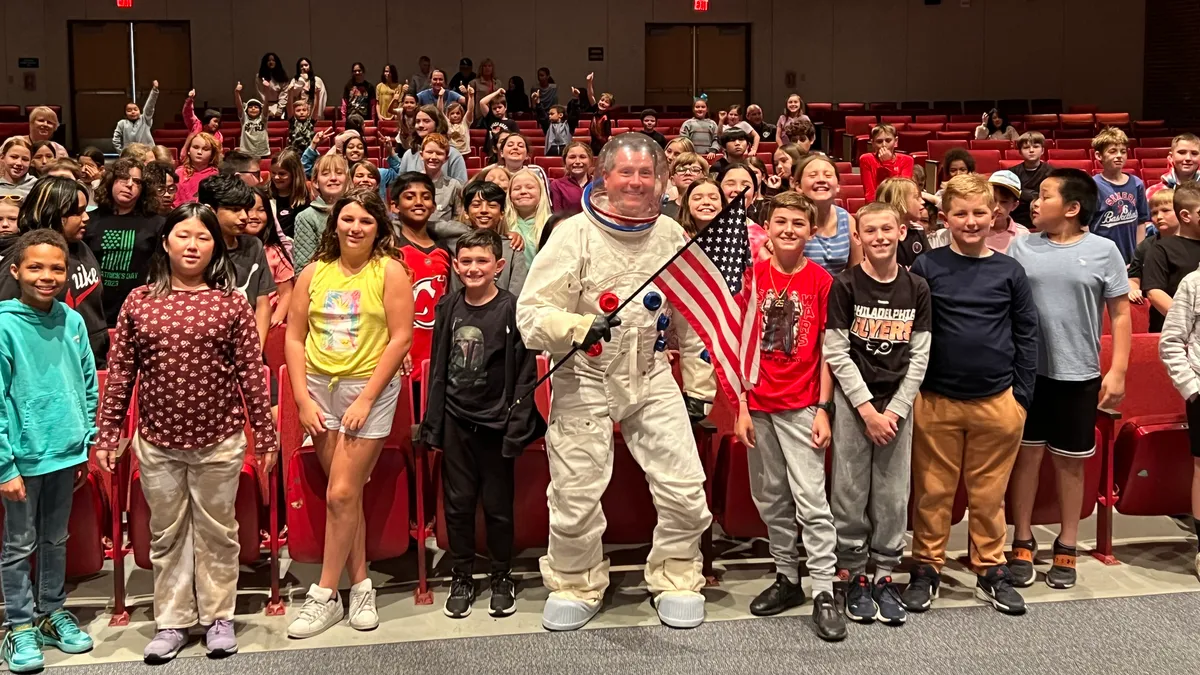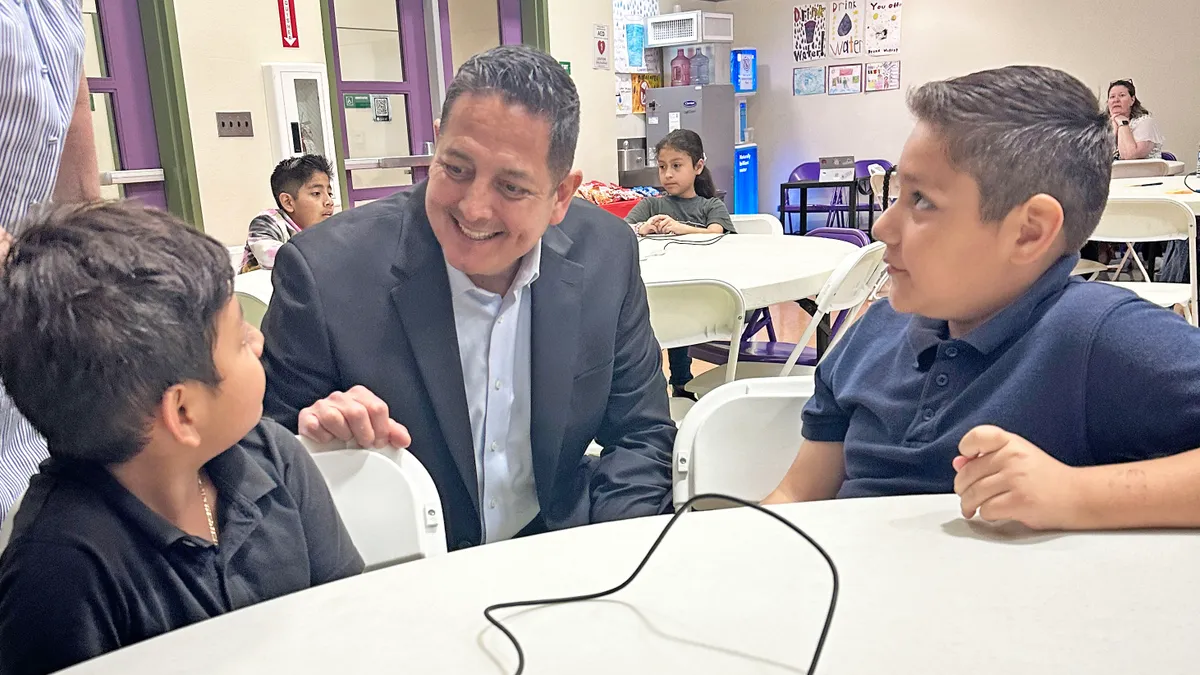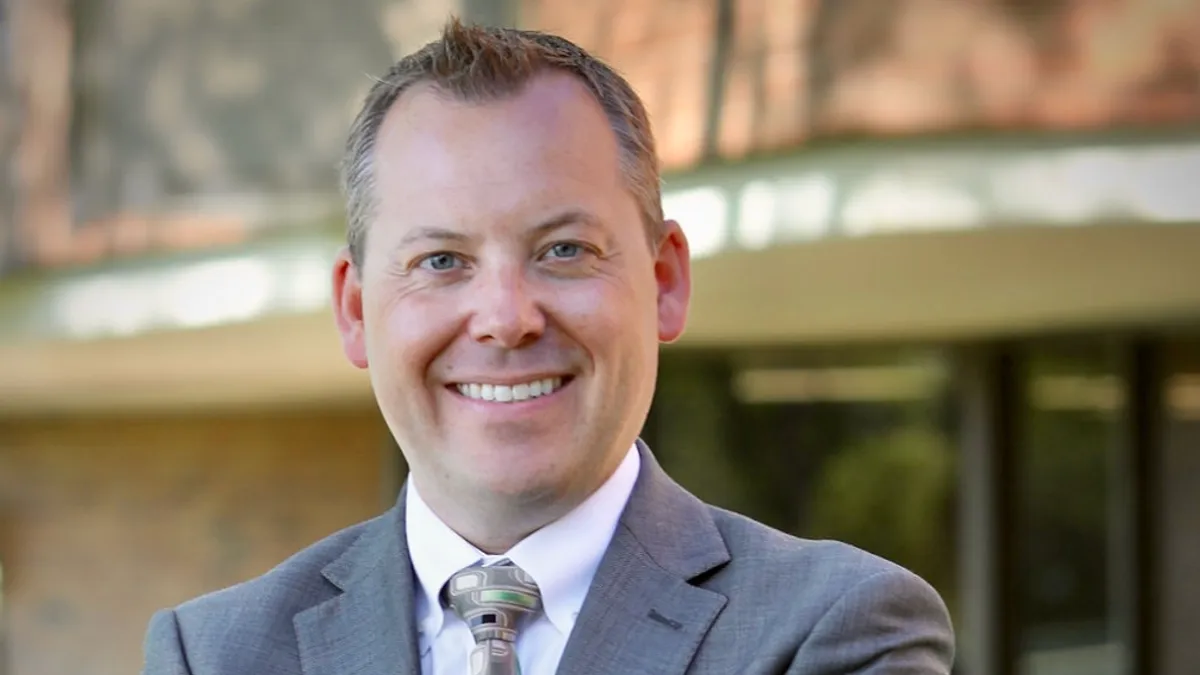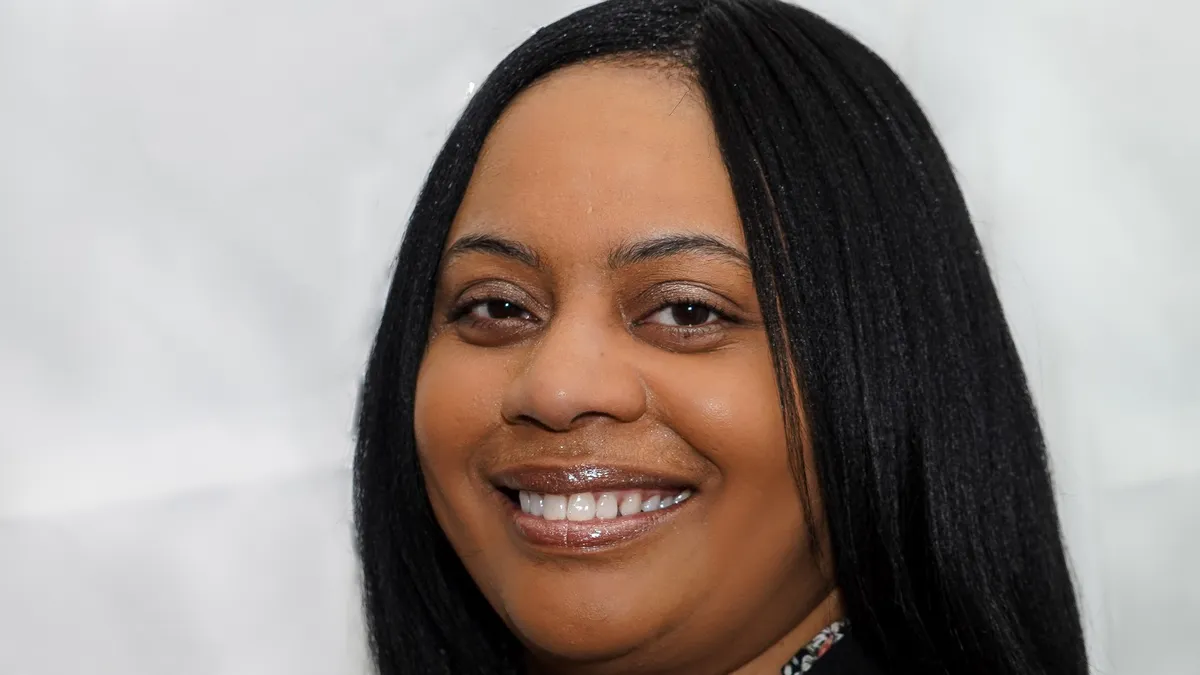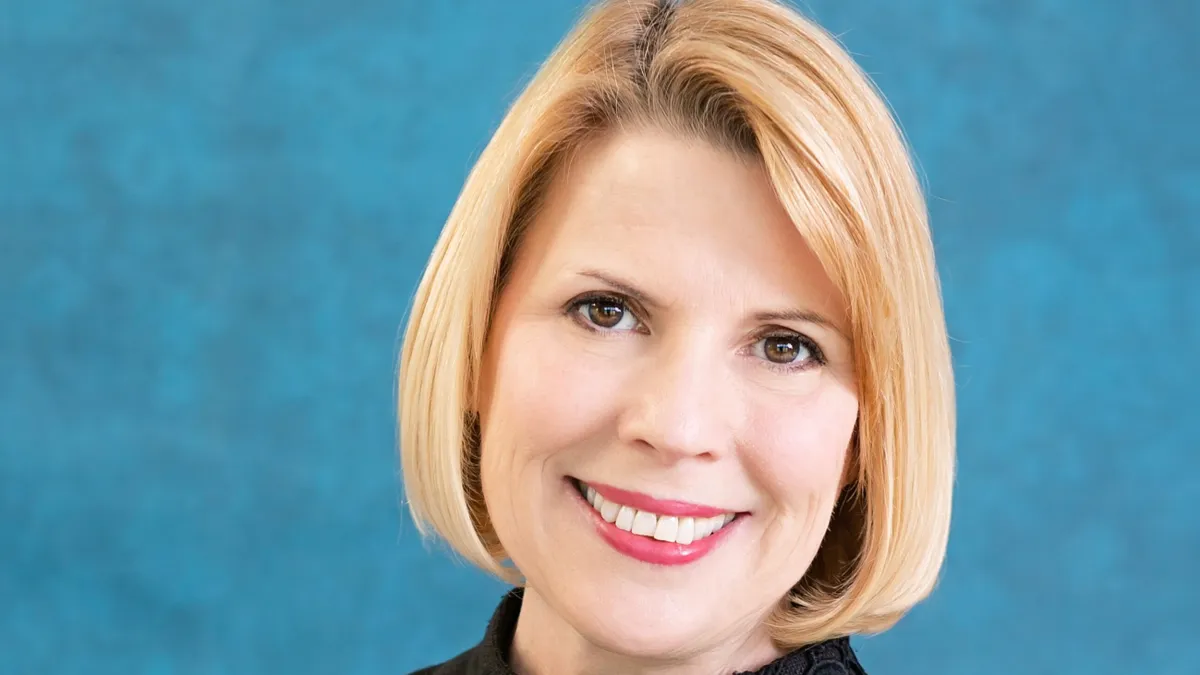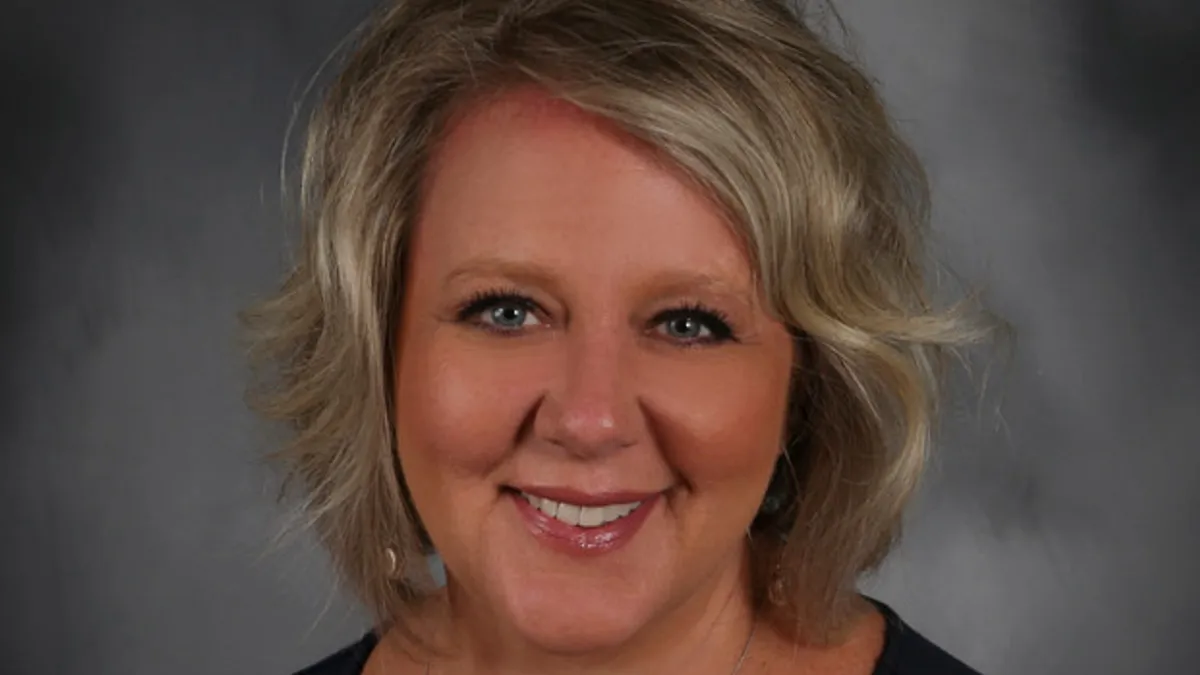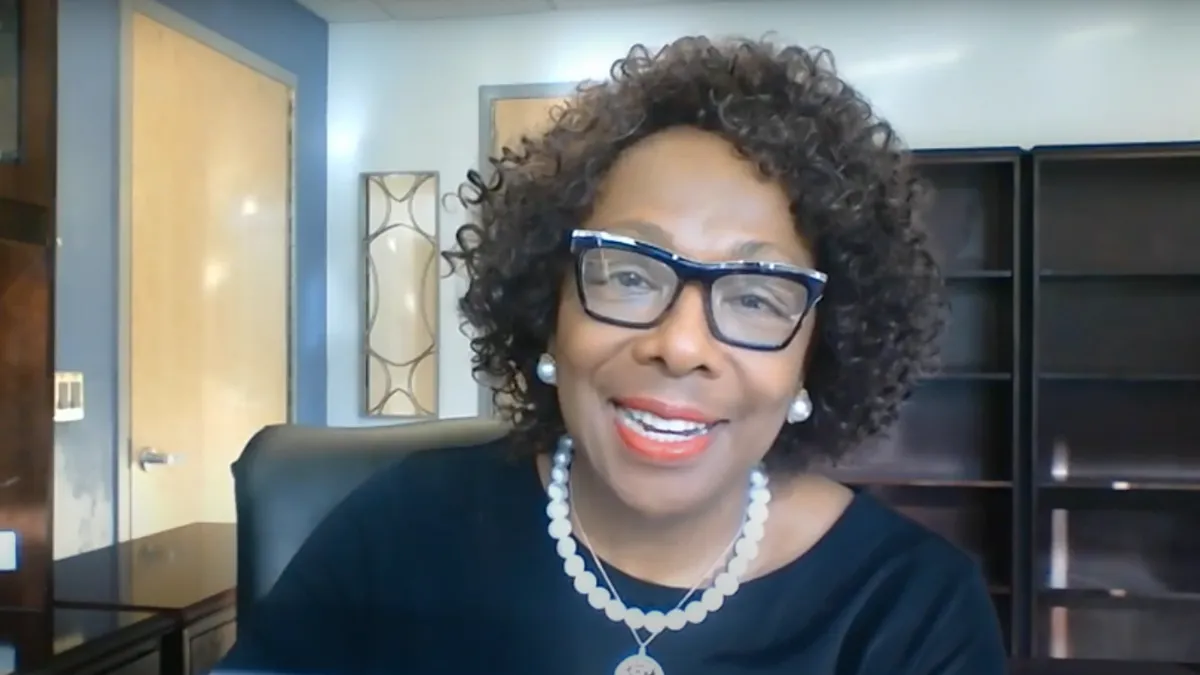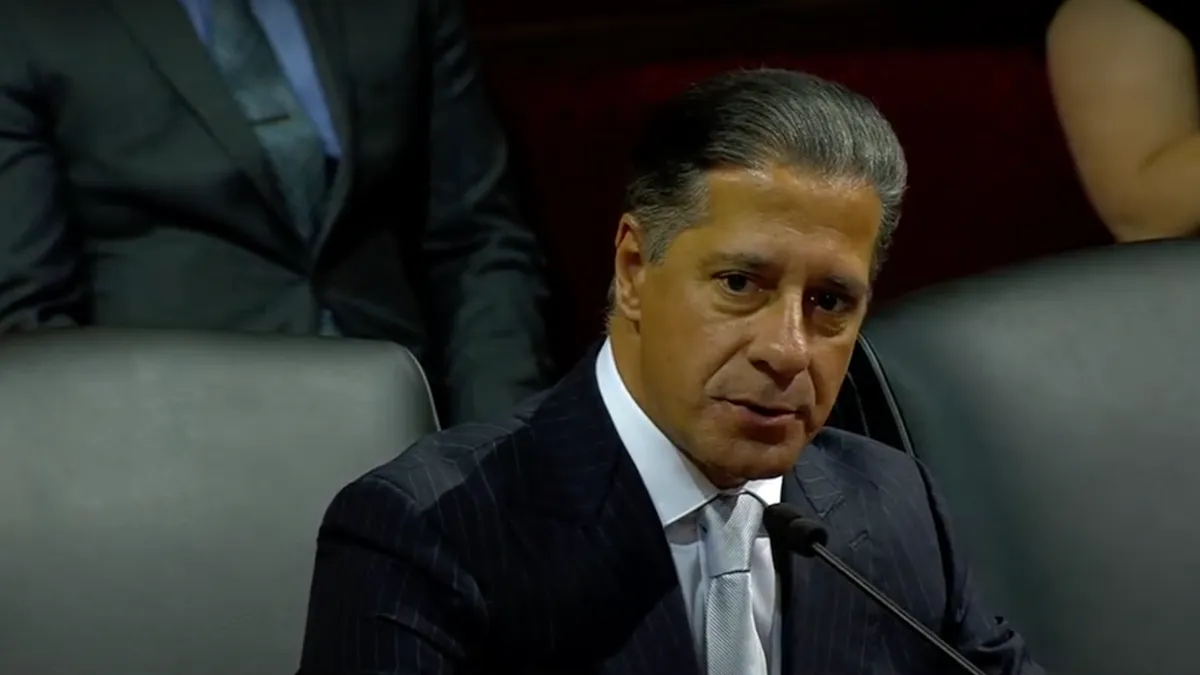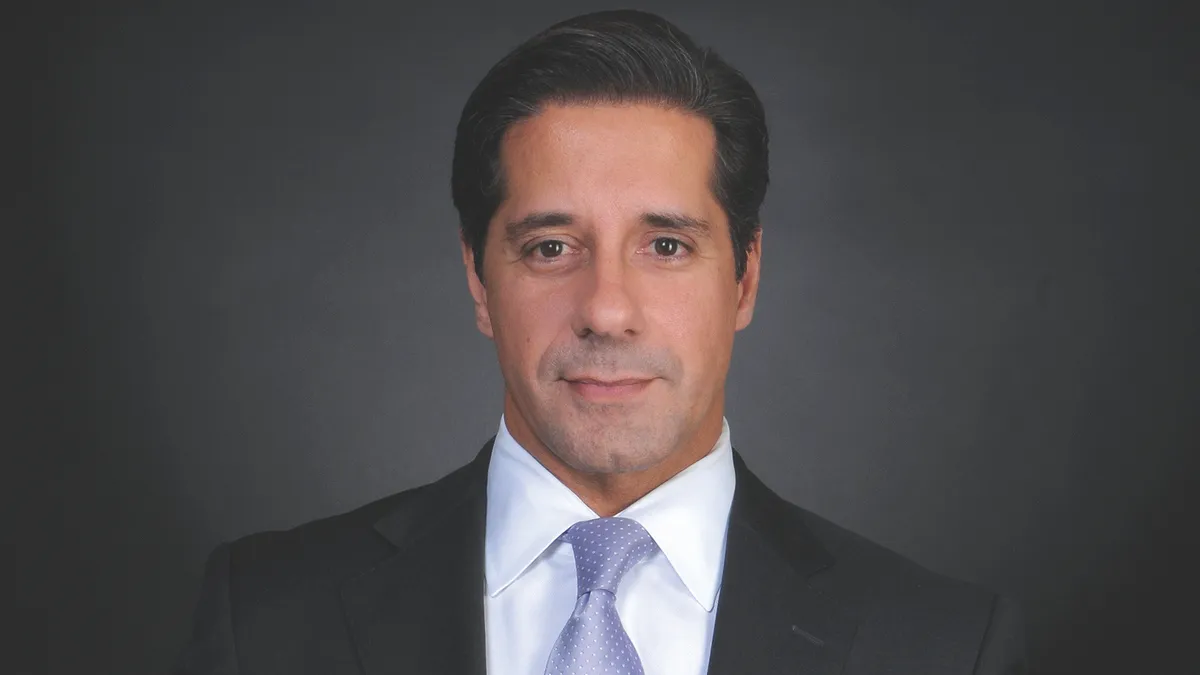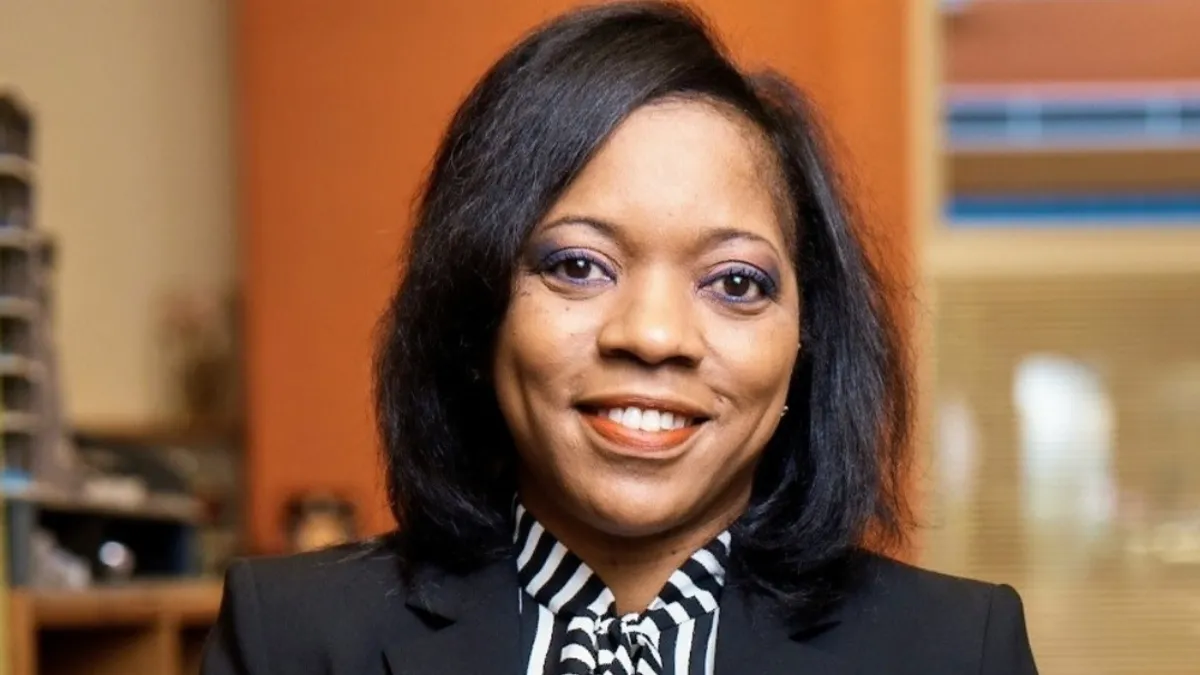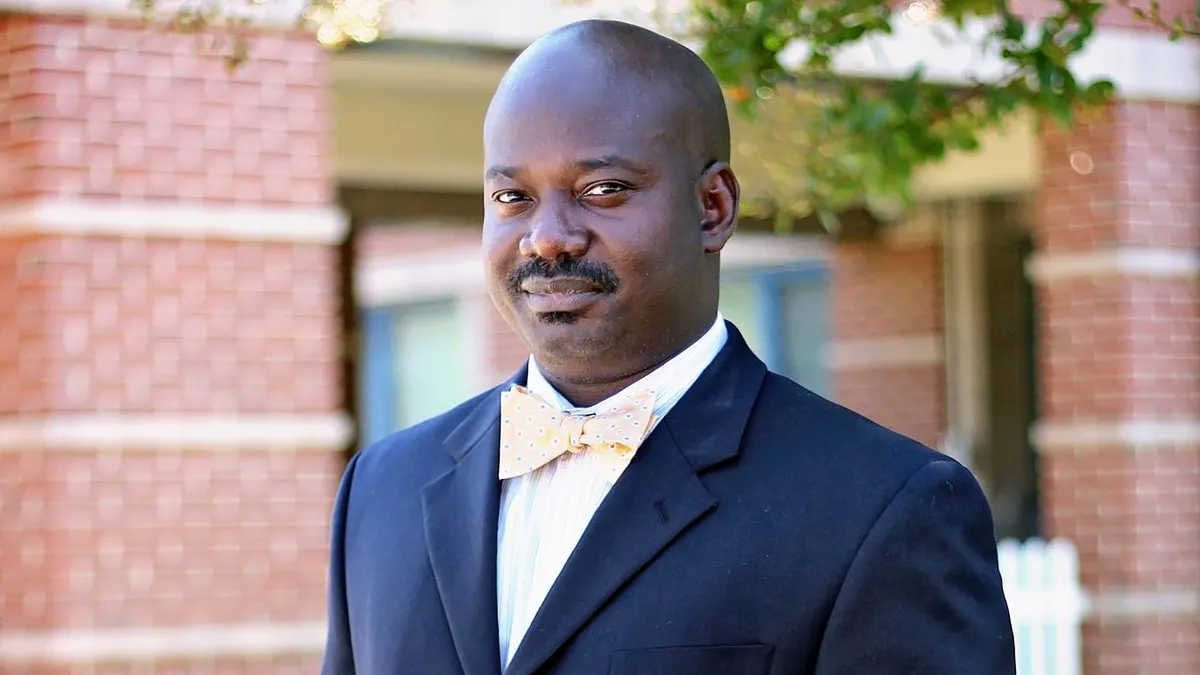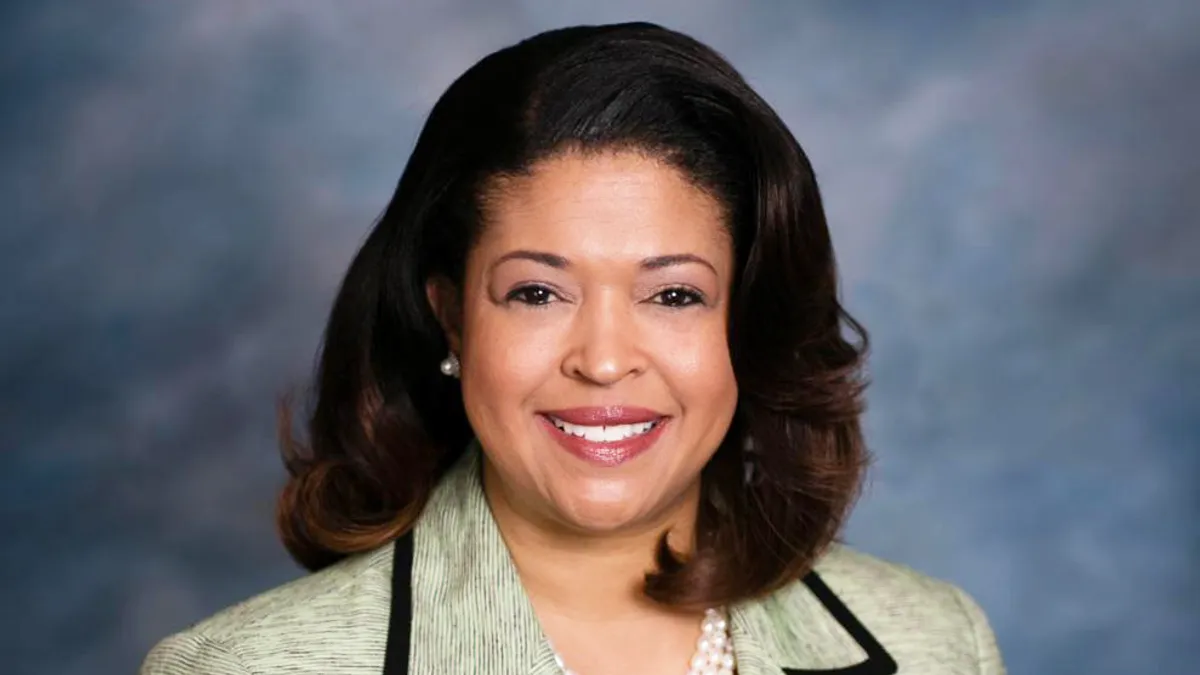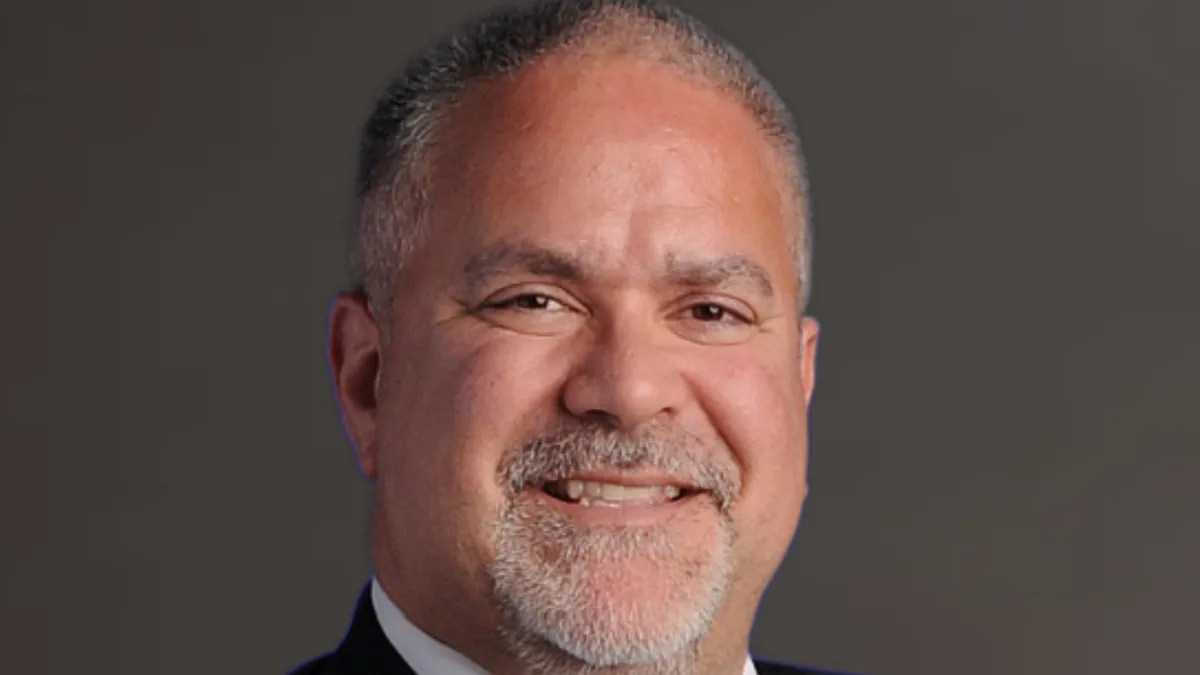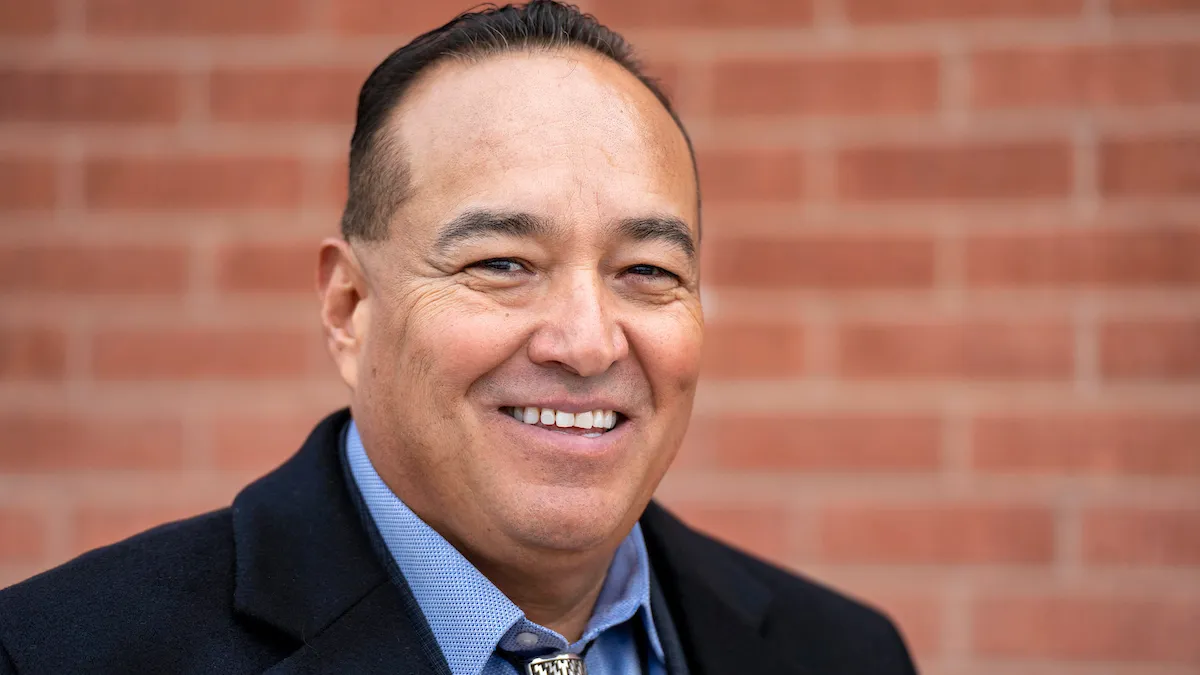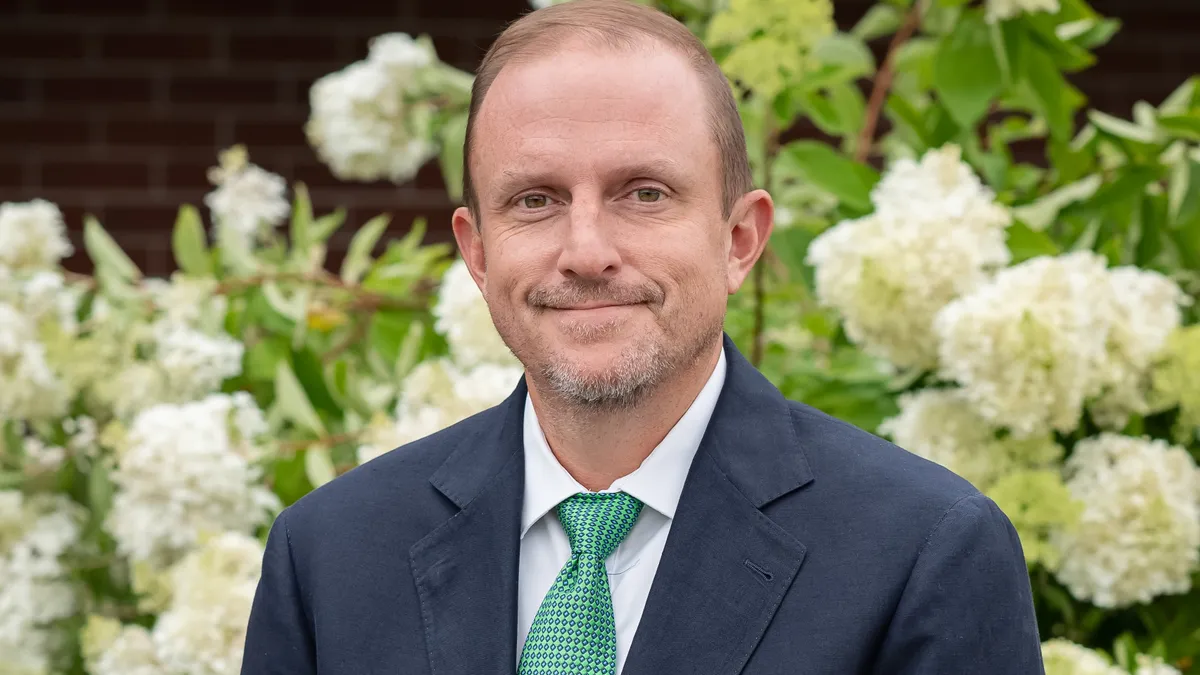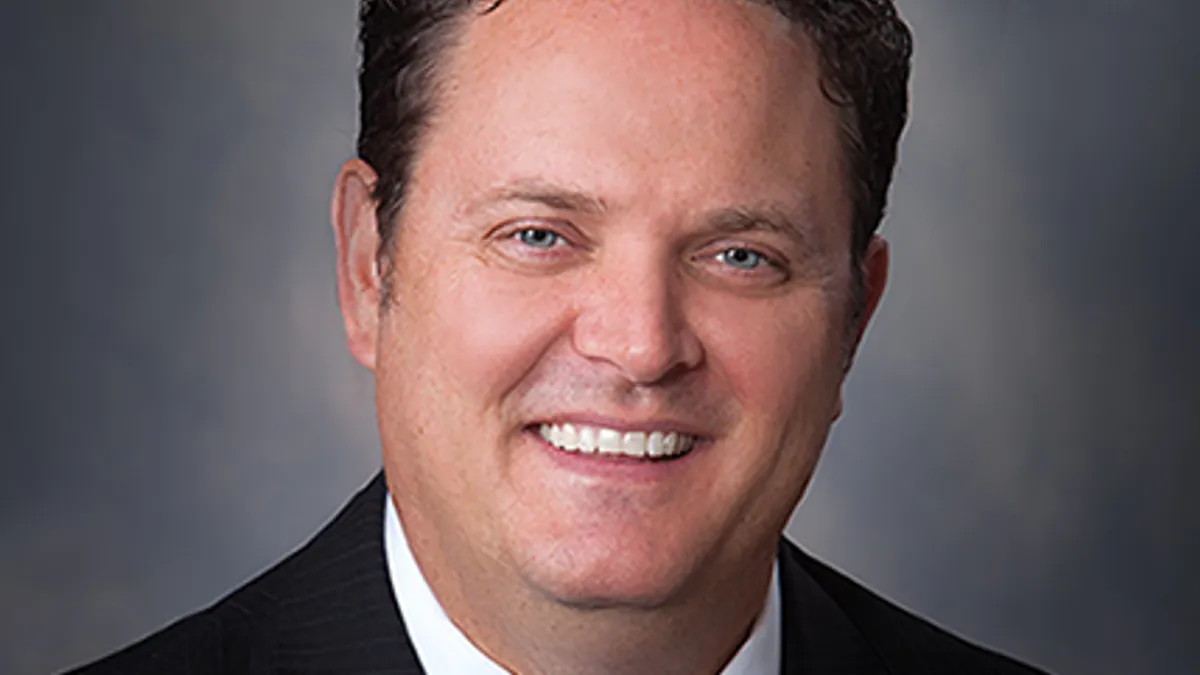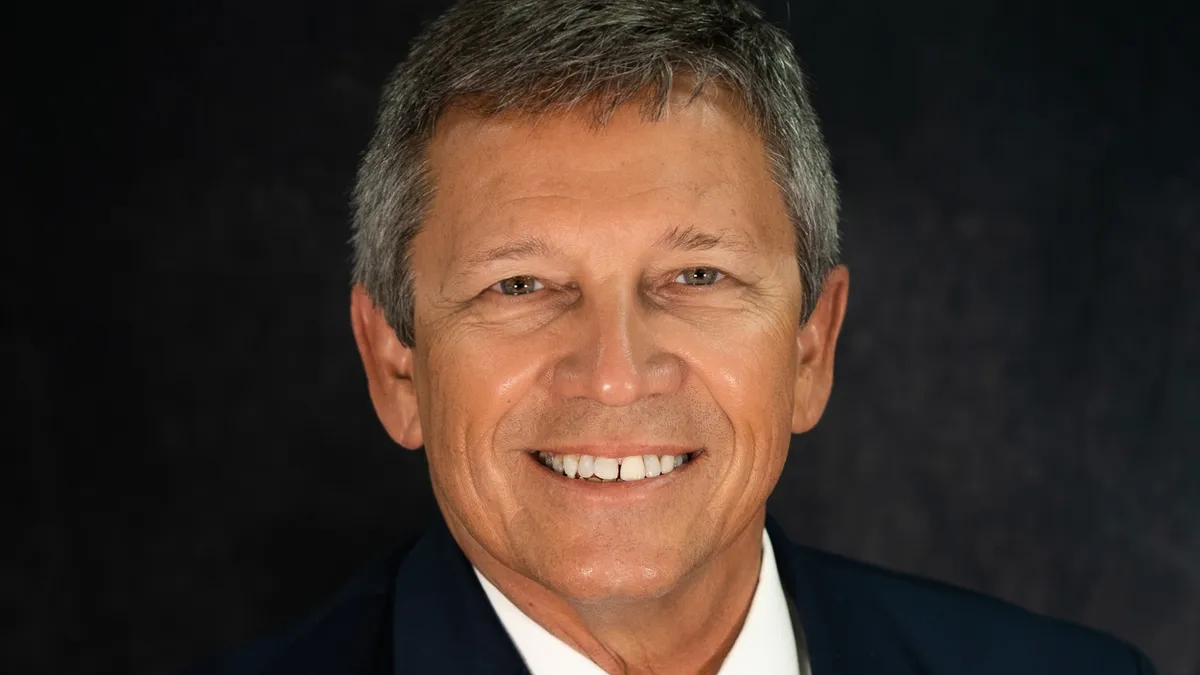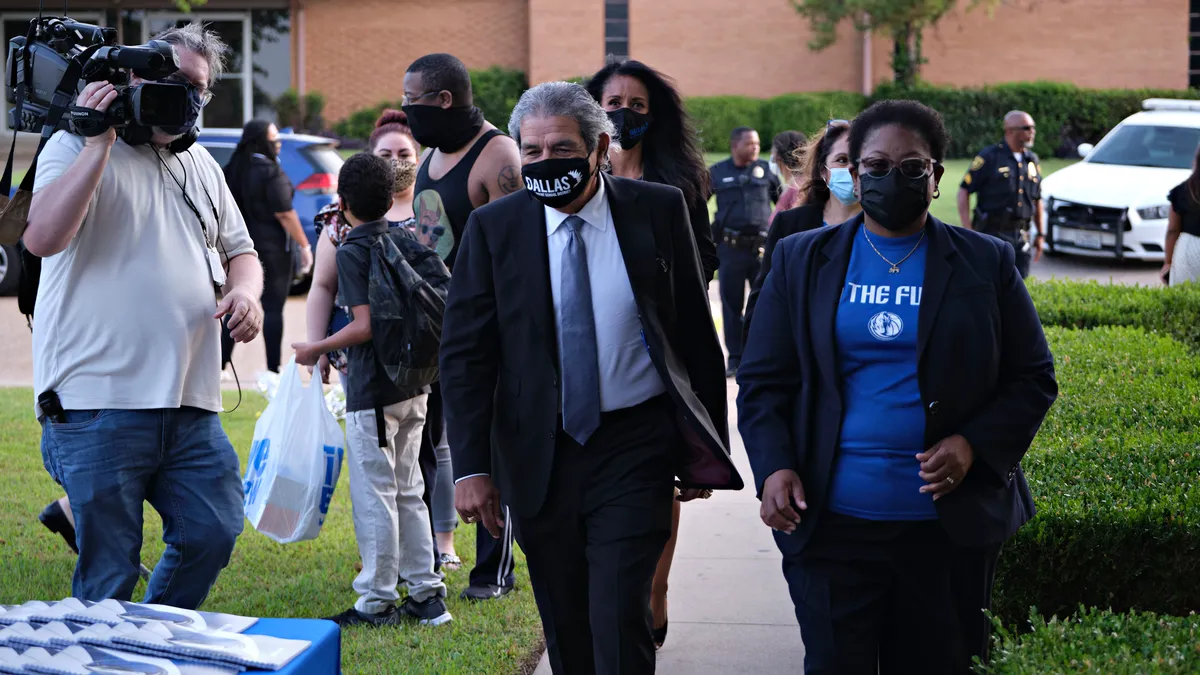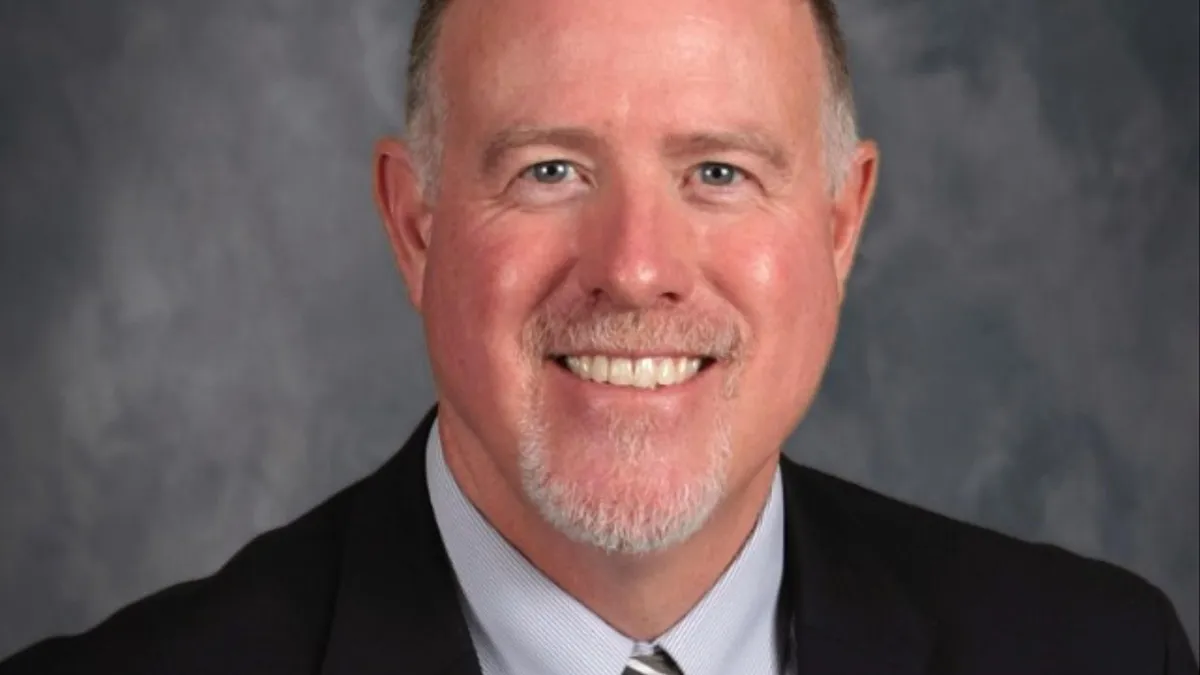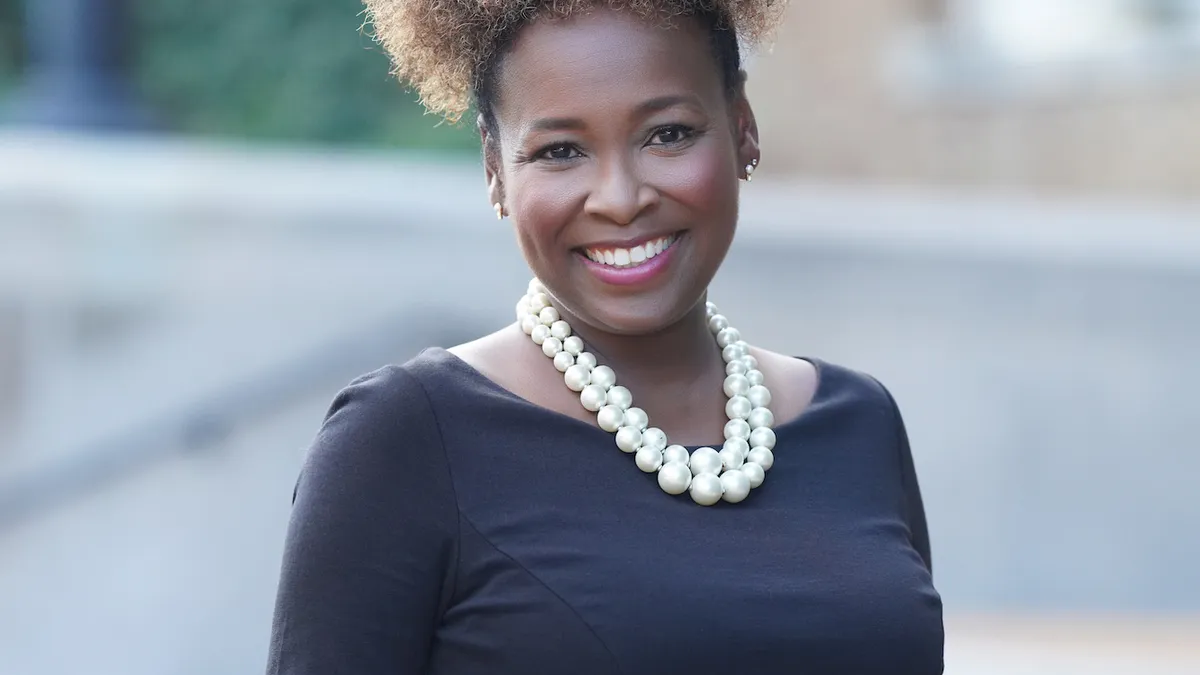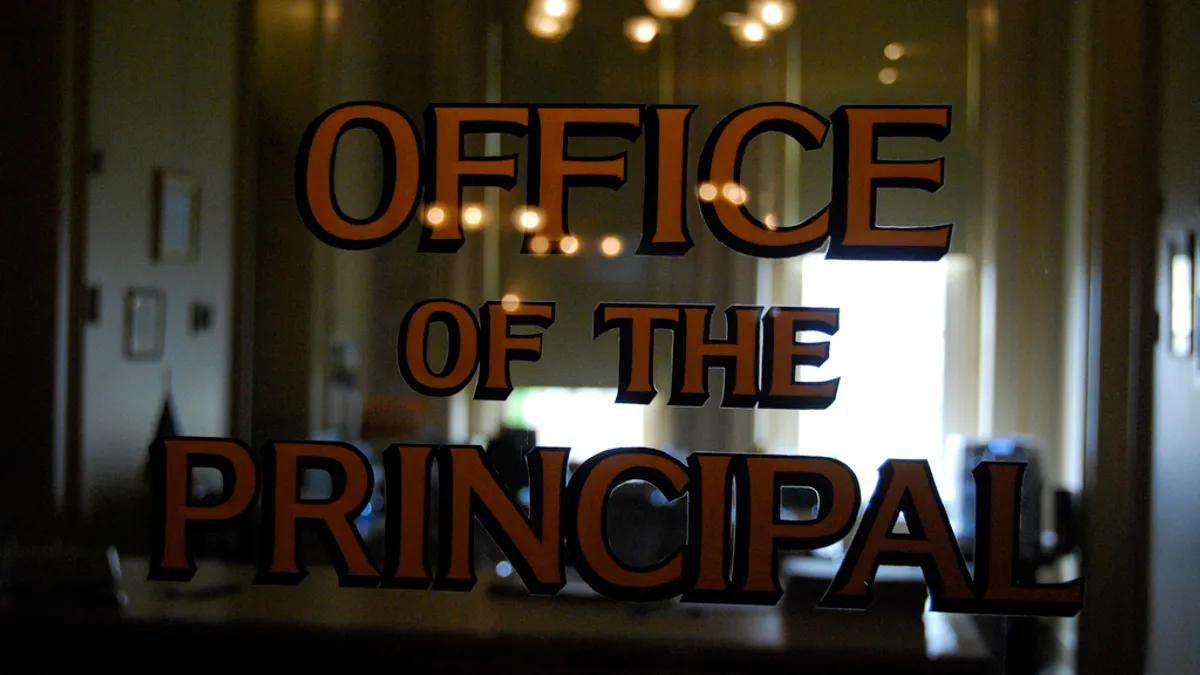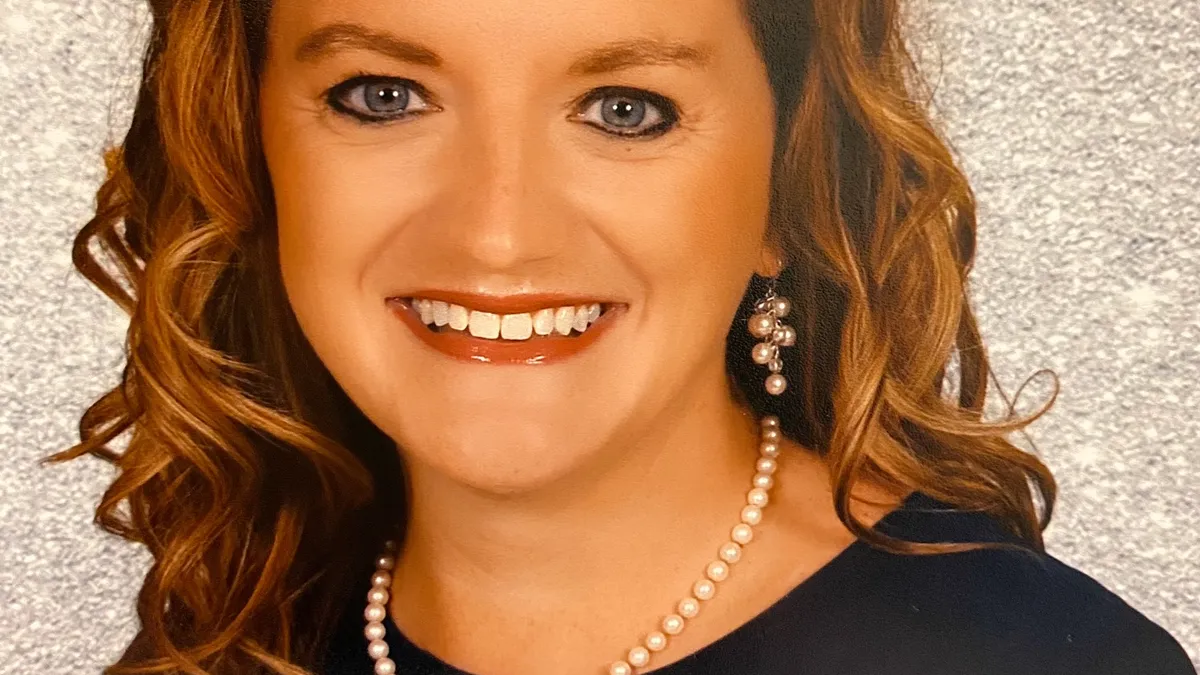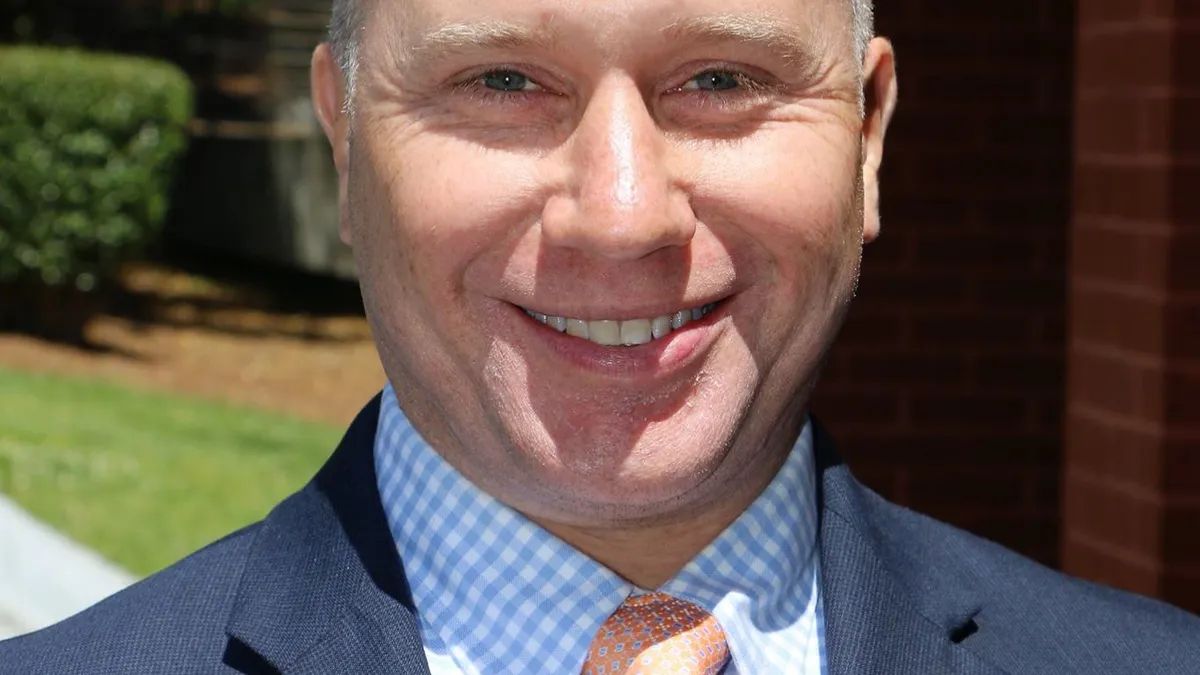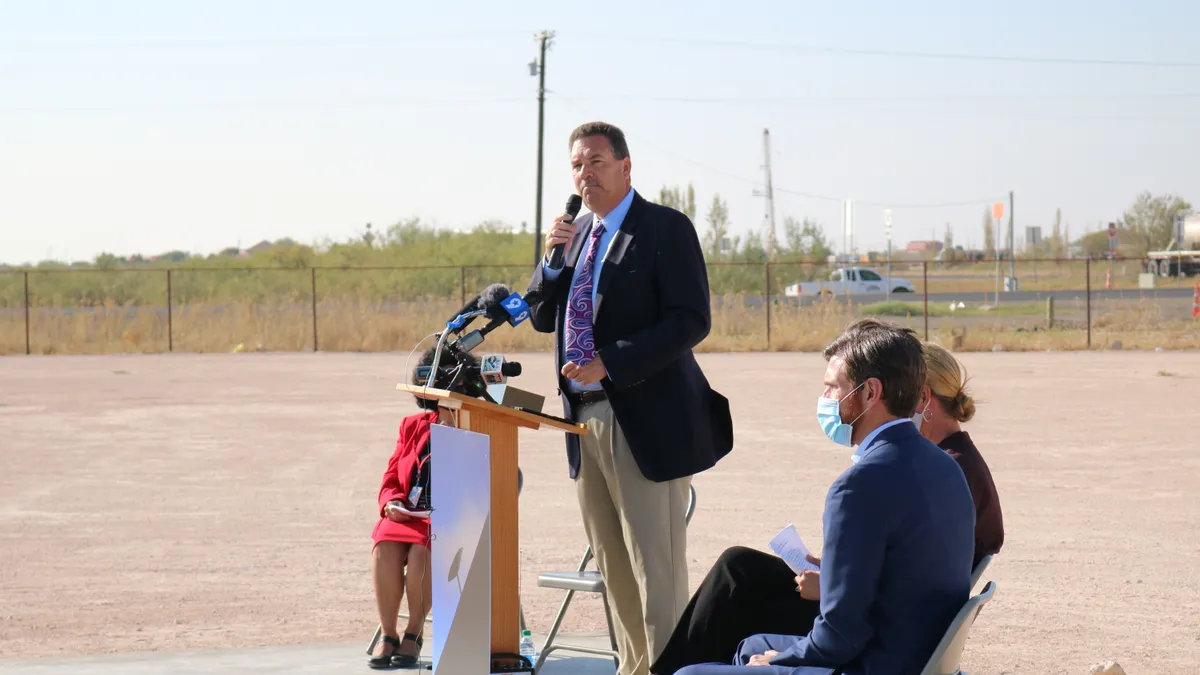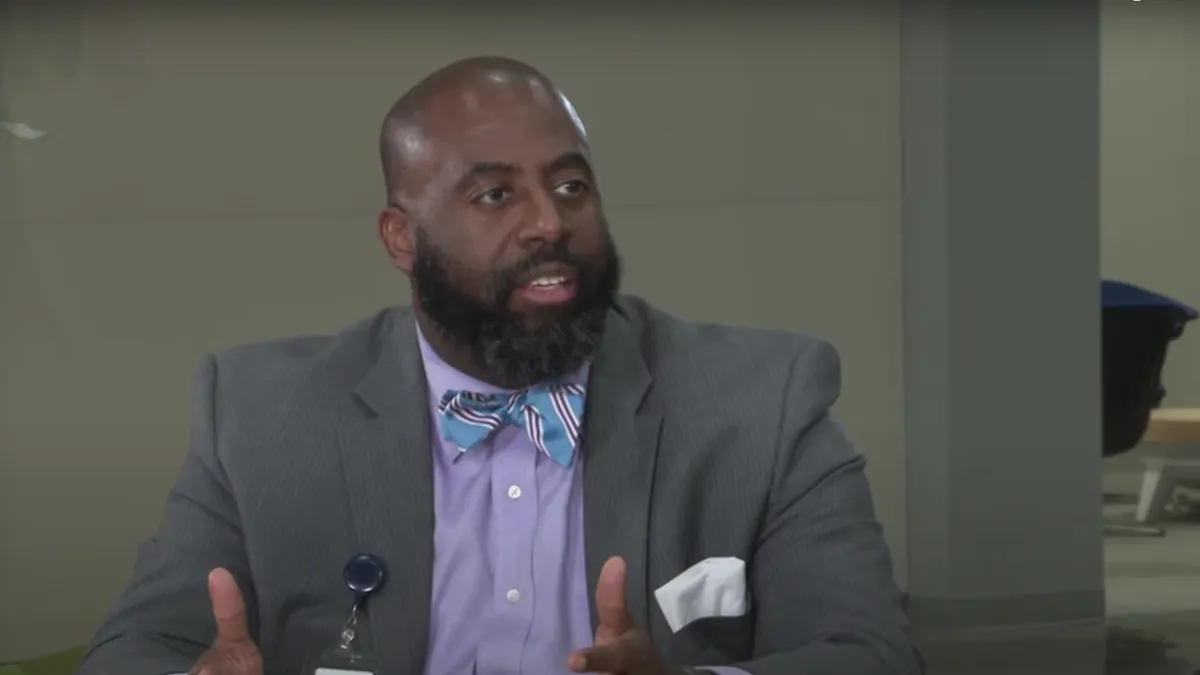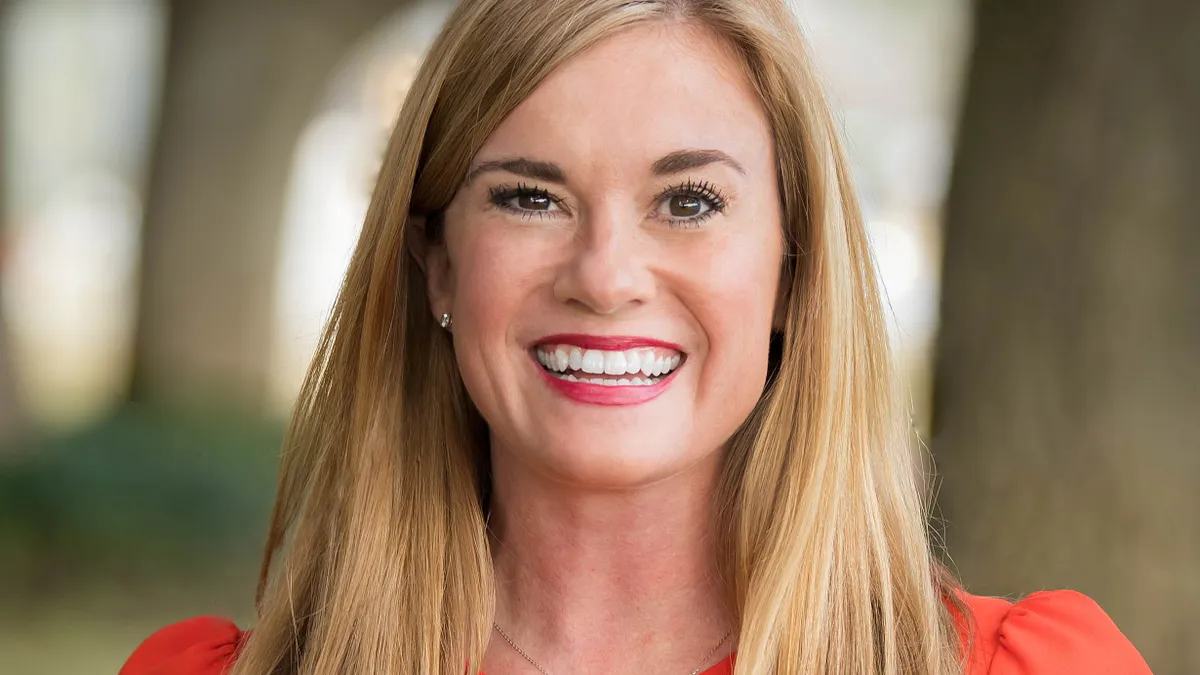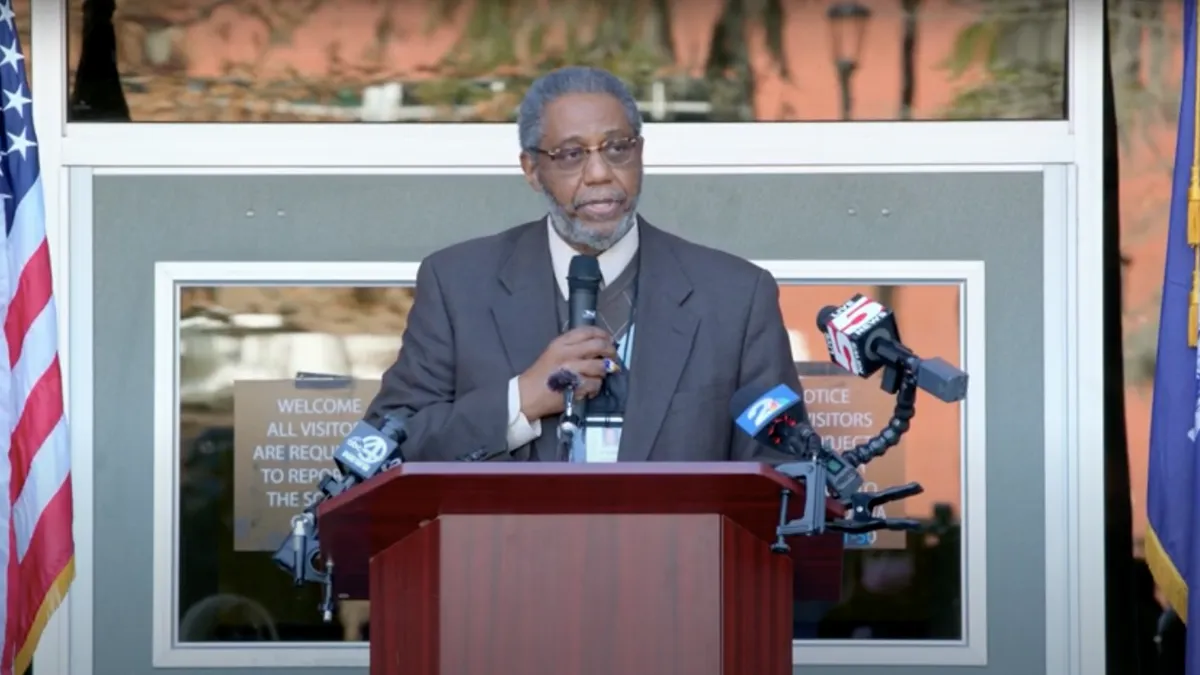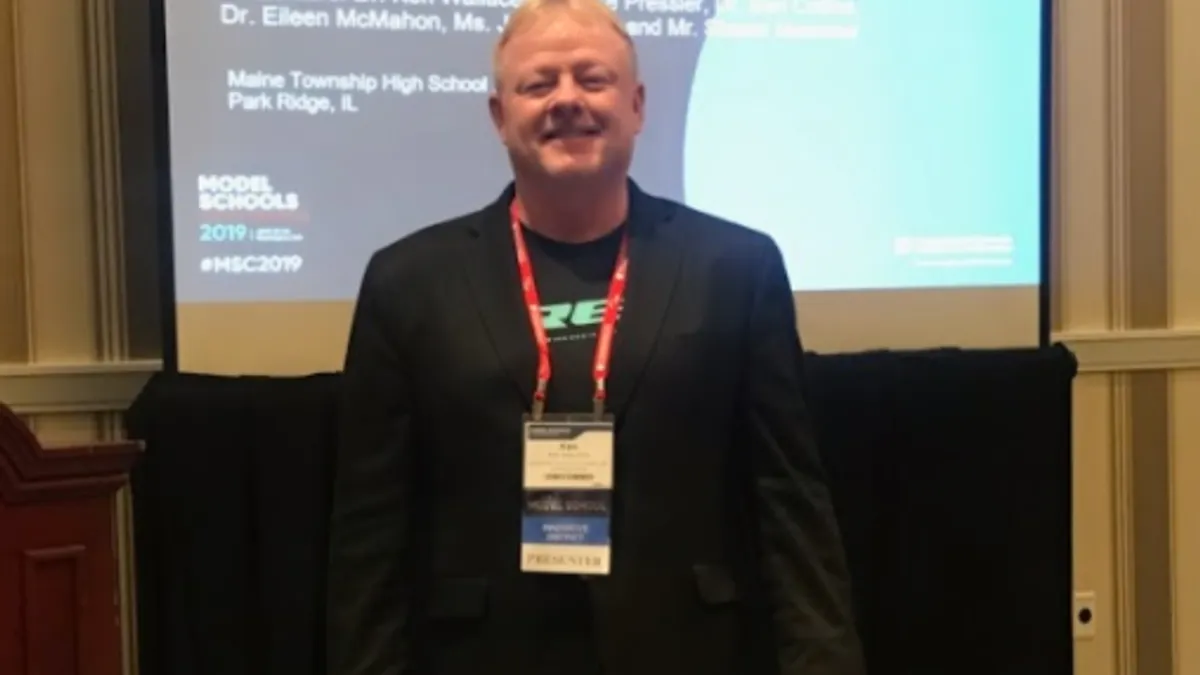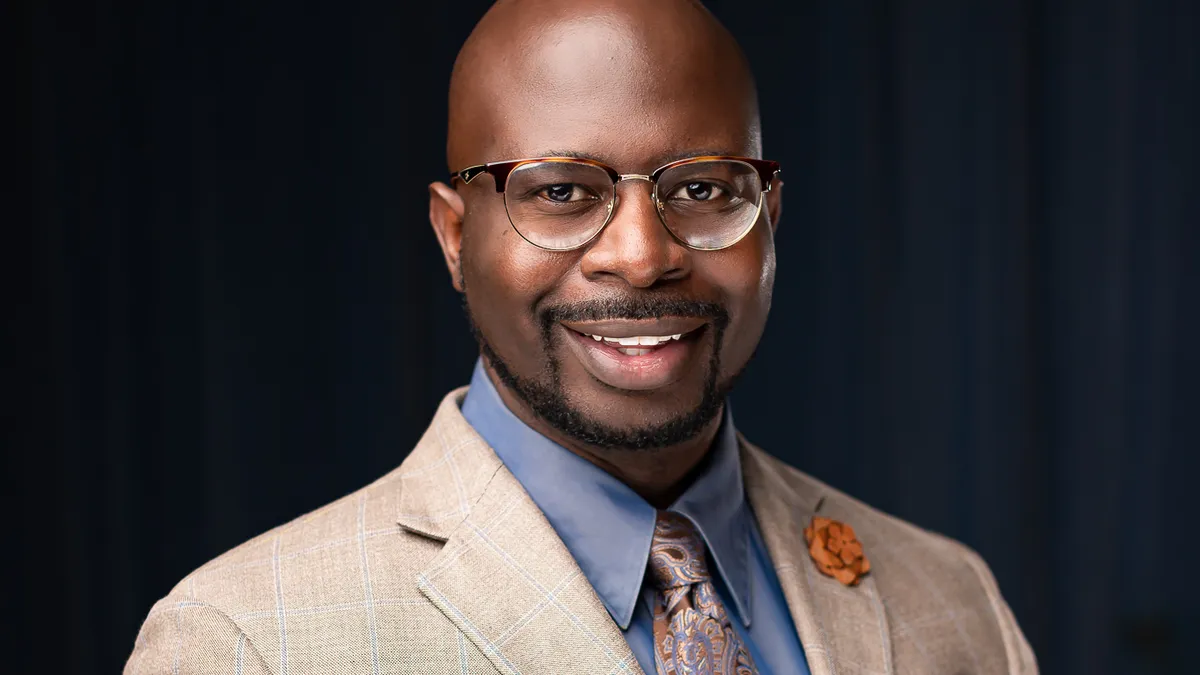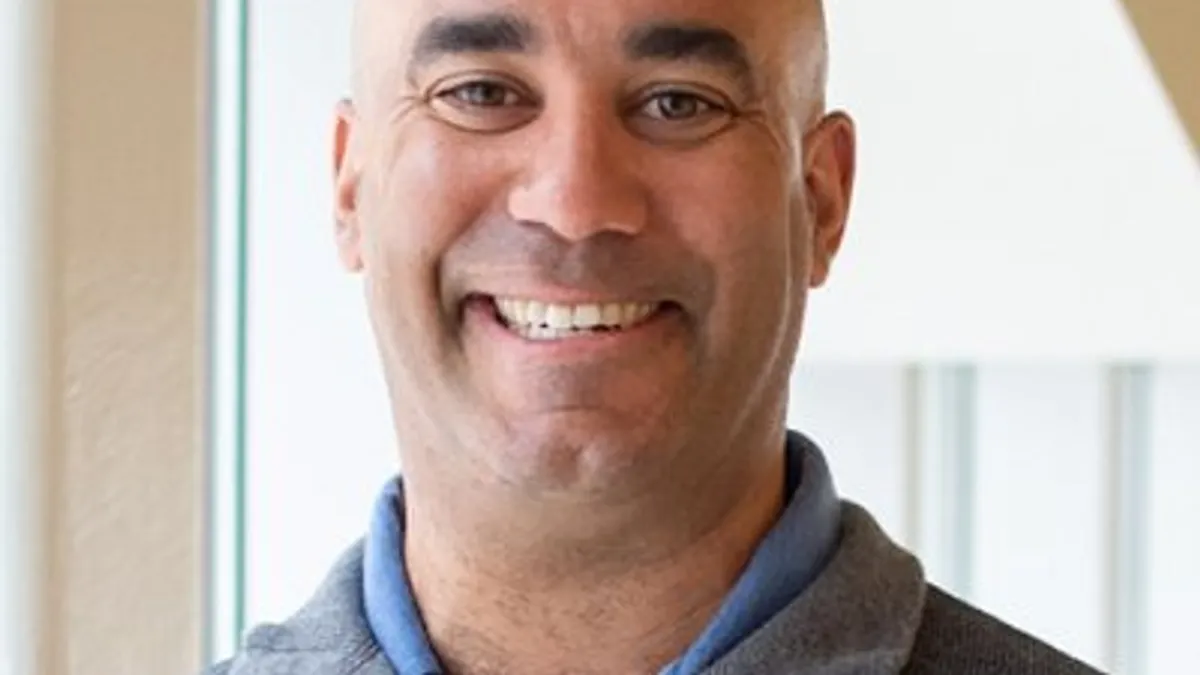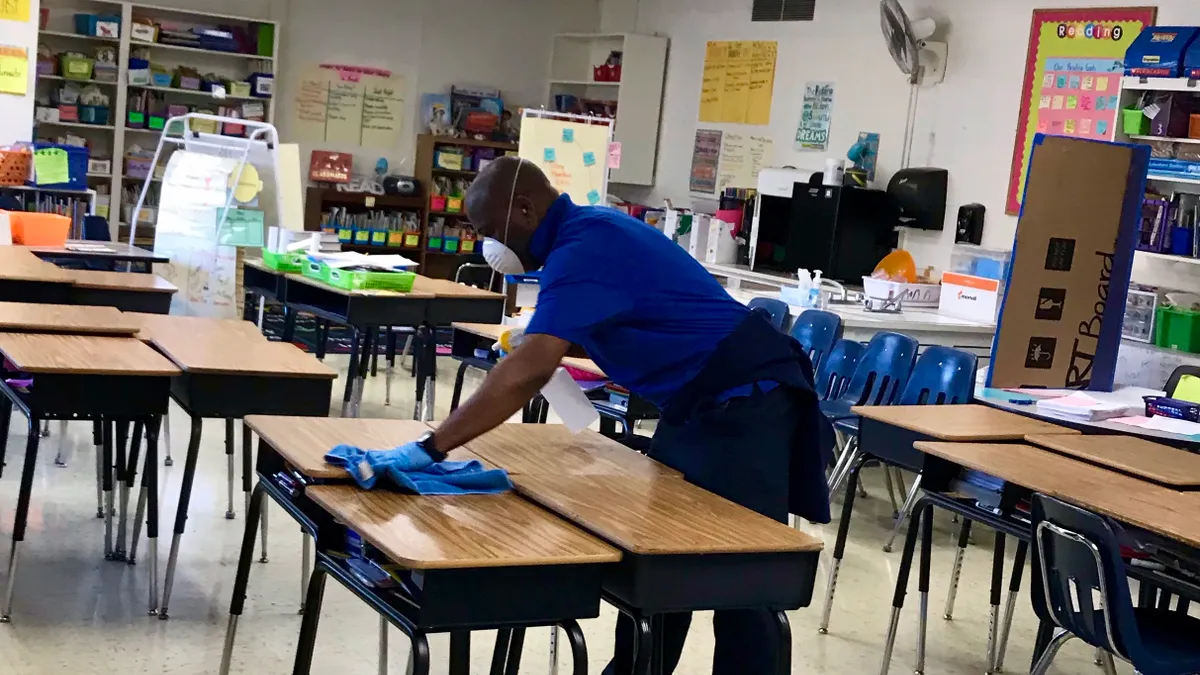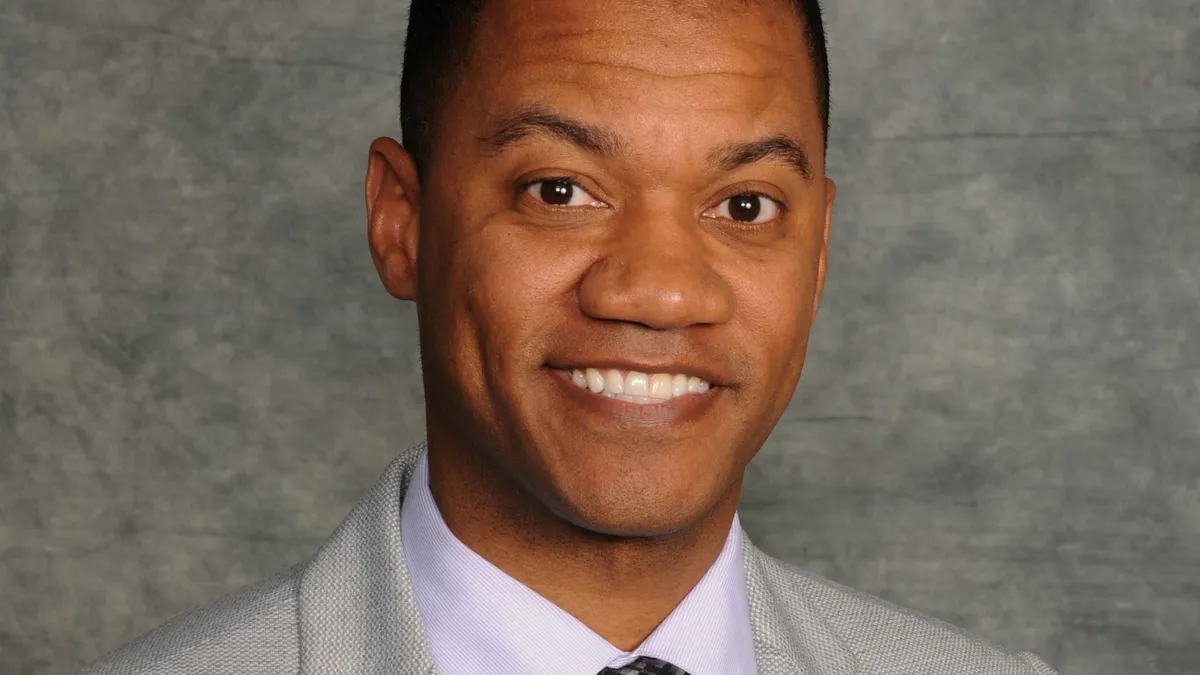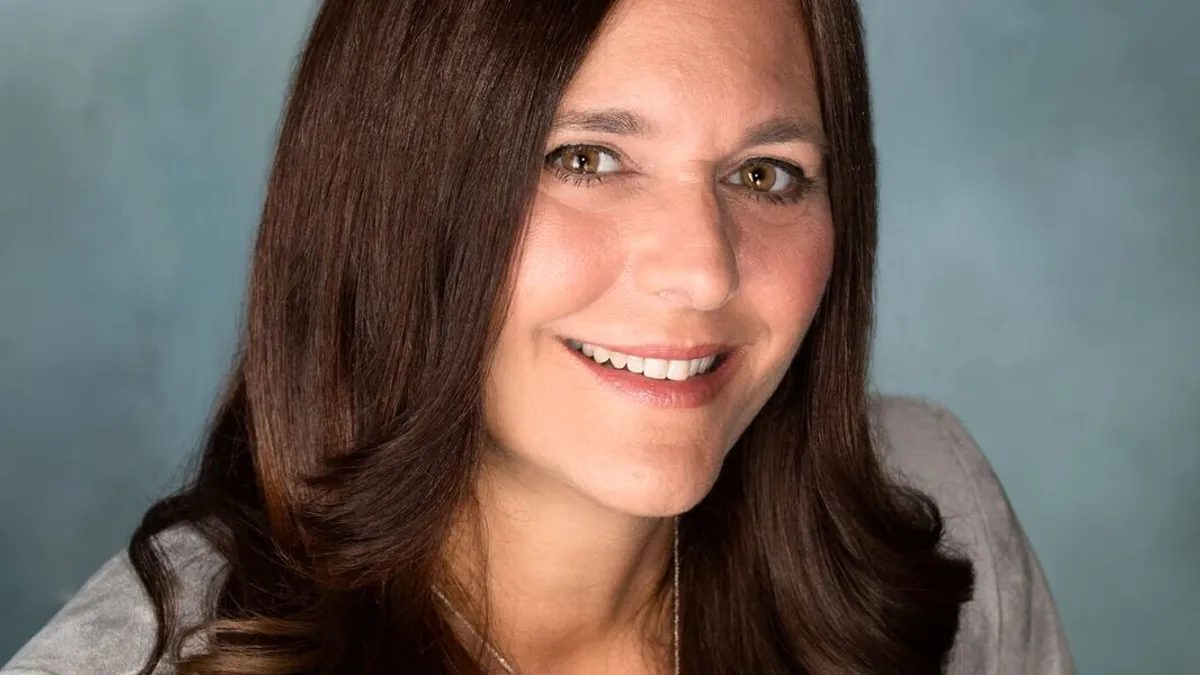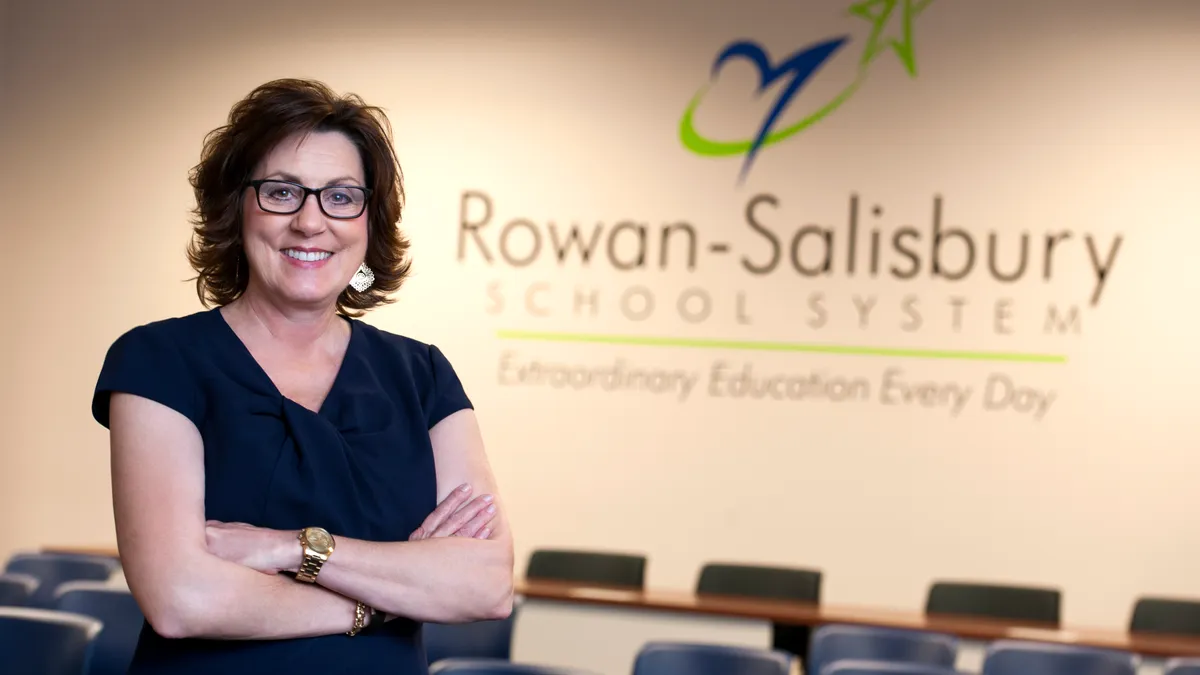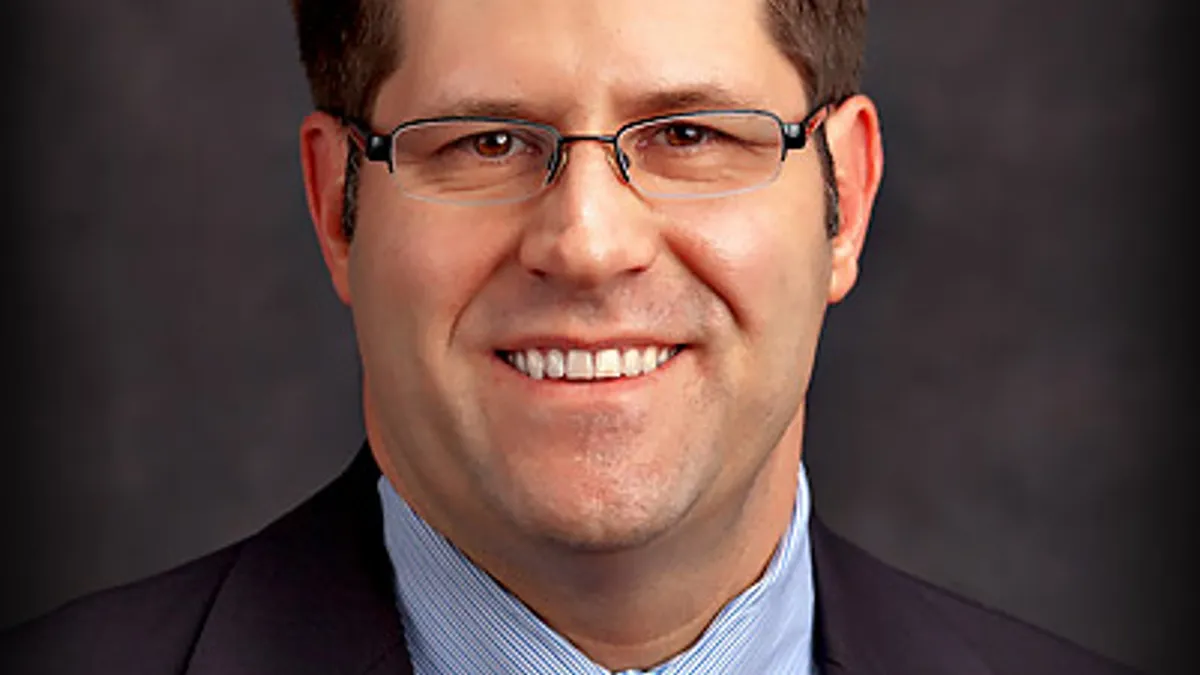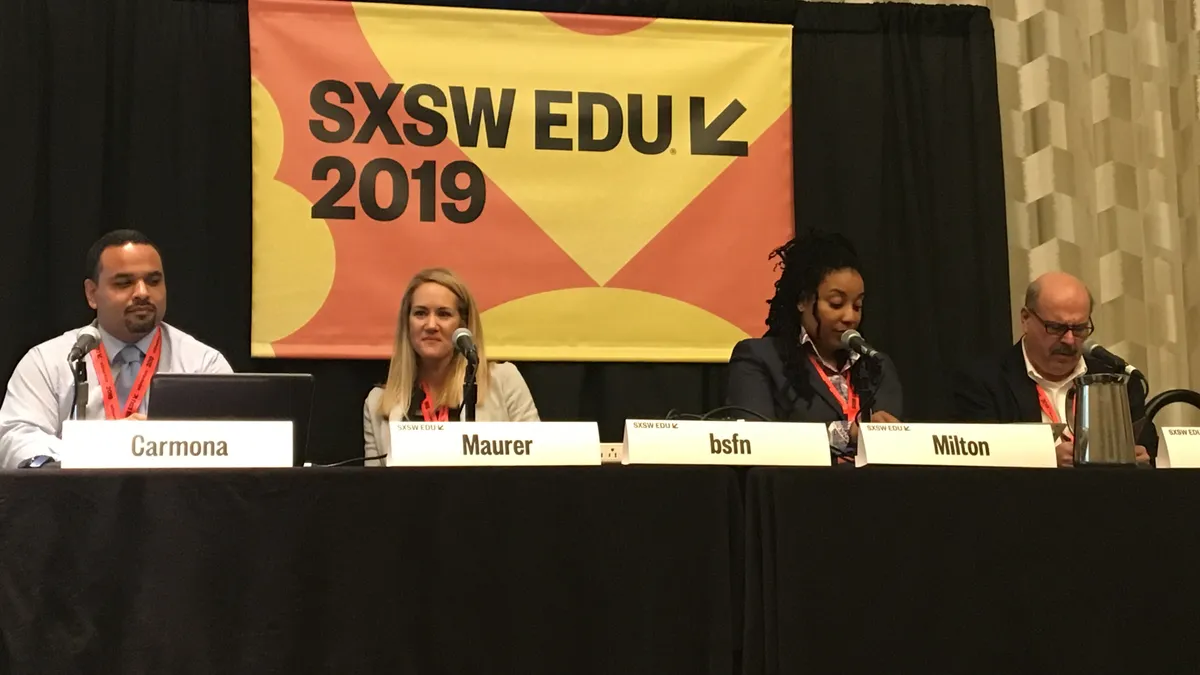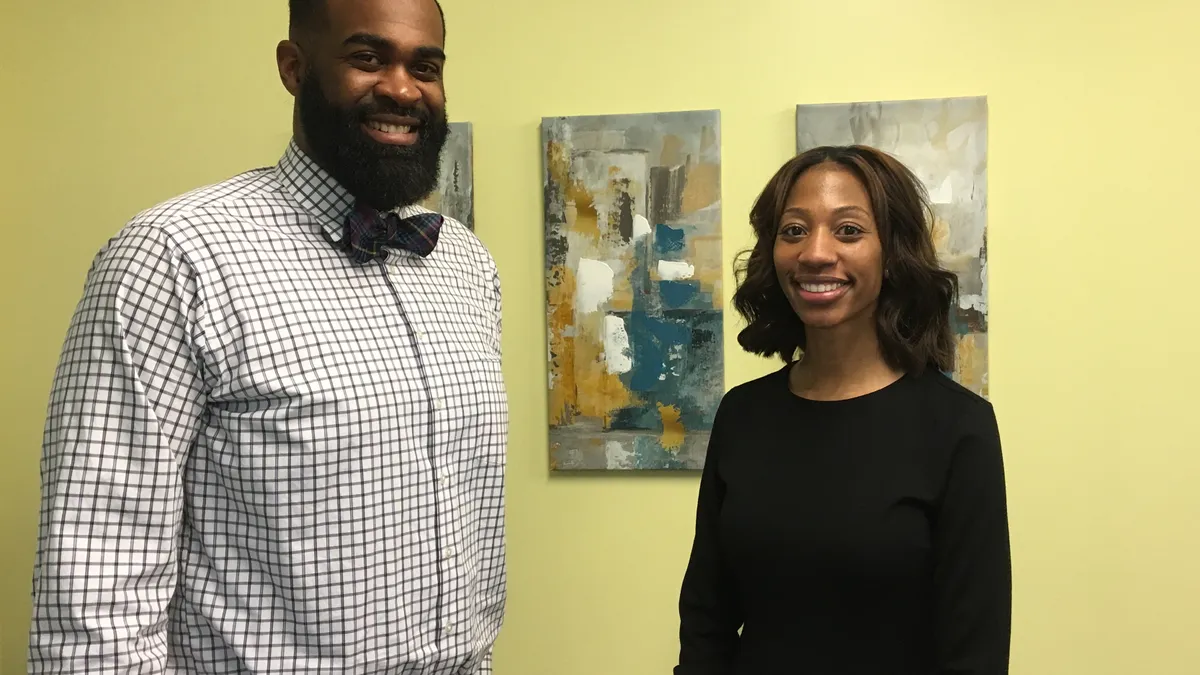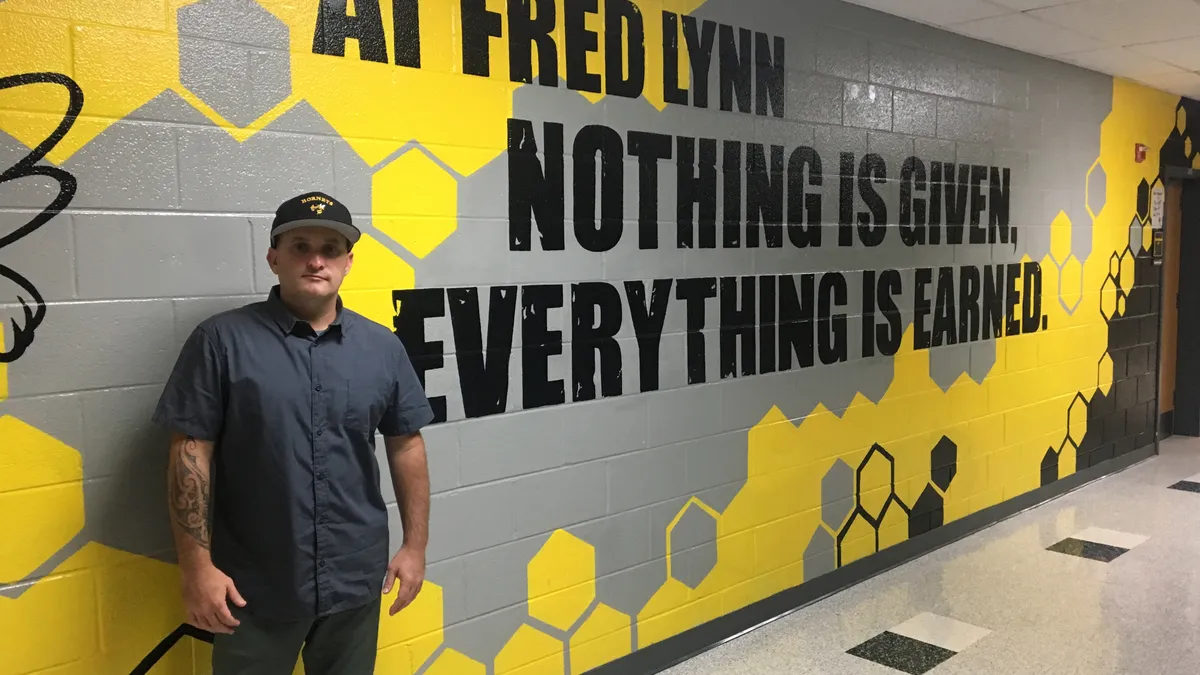Lessons In Leadership is an ongoing series in which K-12 principals and superintendents share their best practices as well as challenges overcome. For more installments, click here.
For Ohio’s Youngstown City School District, the decline of the local steel industry has meant a huge loss in student population — with enrollment declining by half over the past 12 years, dipping to just under 5,000.
On top of that, the district faces major poverty, with 99% of students qualifying for free and reduced-price meals, said Superintendent Justin Jennings, who was originally brought in to lead the district in 2019 when it was under state control for academic distress. Three years later, when the Ohio legislature voted to do away with a law allowing state takeovers, the school board decided to keep Jennings on as superintendent.
For Jennings, part of his charge as district leader is to work with local business and policy leaders to equip students with skills that will help attract and grow new industry to revive the local economy. We recently caught up with him to learn more about that work, as well as the importance of having a coach — and the most overlooked quality in recruiting and retaining good leaders.
Editor’s Note: The following interview has been edited for brevity and clarity.
K-12 DIVE: When you're leading a school district in an area where the local industry has shrunk, how much of your role involves focusing on equipping students with skills for industries that can revamp the economy?
JUSTIN JENNINGS: That's a major part of what I do and what we need to do, because when you come into a situation like this, it’s really a change of mindset for the community. So we deal a lot with our local chamber [of commerce] and our local foundation leaders to get a sense of what skill set they need graduates to have in order to keep them in Youngstown.
When we have kids who are successful, who go to Ohio State, who go to Kent State or University of Cincinnati — when they do that, they don't come back. That makes sense, because of the poverty or different attitude of what they feel is in Youngstown. They don't feel comfortable coming back. That's something that's detrimental to our economy and also to the city, because those are the students who are going to help change the attitude of what's going on.
So that's a very vital part of what we're doing, is making sure we can get them to come back after they get those degrees. And even for those who don’t [go to college], we have to look at what industries we still have here locally where kids can walk out of high school and still have an opportunity to work and be trained in different skilled jobs.
Does part of that involve building relationships with state leaders on identifying industries that would help revitalize the local economy?
JENNINGS: Absolutely. We definitely have a good relationship with the governor and his team and are working to change what we're doing — not just in Youngstown, but what we call Mahoning Valley. We have Ohio Means Jobs, which is focused on CTE [career and technical education] and different professions in our district. We work closely with Youngstown State University and Eastern Gateway Community College to make sure we have those [CTE] opportunities, but we’re also constantly having the ear of our local business leaders.
At AASA’s National Conference on Education back in February, you mentioned during a panel how, early on in your career, you were maybe a little reluctant to embrace moving up to administrative or leadership roles. What fueled that reluctance?
JENNINGS: Well, my reasoning for not wanting to be an administrator was more along the lines of I'm not really — I don't wanna say “politically correct,” but I don't like when people dictate things that are happening that they don't know anything about. I'm really a stickler.
I'm that person who always speaks up, and I sometimes get myself in trouble. So that was a reason for not necessarily wanting to go into administration.
If we're not willing to lose our jobs to make sure our kids get what they need to get, then we shouldn't be a superintendent. And saying that in this day and time is a little different, because as you can see, a superintendent is here one day and the next, they're gone. And not necessarily for something they said. It could just be because they have a different board, or the board doesn't agree with one thing one person said.
It's a hard job to do. Our job at the end of the day is to make sure every student in our district learns.
How do you as a district leader navigate the unprecedented pressure placed on educators now — whether it be from the school board or certain segments of the community?
JENNINGS: What I've always hung my hat on is being transparent with what you're doing, and when you’re doing certain things that may not be popular. It’s making sure you let people know and that they have an understanding of why you made a decision. They may not necessarily agree with it all the time, but they understand the context in which you're doing it.
You also mentioned at AASA that it's important that you put in your contract that you want a coach or mentor and that you get to choose that person. Is that something every school or district leader should consider doing?
JENNINGS: Having been a basketball player my whole life, I know how important it is for someone to be able to coach you. Sometimes you're not the expert at everything.
Having the opportunity to have someone who can help you along the way is great, because with what we do, it's a lonely place there. I can't live in my city as a superintendent and go to the store and not have somebody mad at me about the decision I made, or the football coach who was hired, or the basketball coach who should be fired.
You need somebody who's a veteran [in education], who can help you bounce those things off you, but also help you navigate those things. I think that's really important for all of our superintendents to do, even our veteran superintendents. There's somebody out there who can help you, who knows more than you do.
Just like in any other industry, if you think you're the smartest person in the room, then that's a problem. Because in leadership, you should never be the smartest person in the room. There has to be some areas in which you're weak. Great leaders are going to find people who are strong in the areas that they're weak in. So if you are a leader and you don't know your weaknesses, that's a huge issue.
What do you think are the most overlooked details when it comes to building out leadership pipelines and retaining good leaders?
JENNINGS: Part of it is being a good listener — listening and understanding not only what people’s expectations are of you, but how you can help people. Sometimes people get in a leadership position, and they assume they know everything, and they don't want help, and they don't listen.
Just because you listen to people doesn't mean you always have to do what they say, but you still want to be known as a listener. I think that comes with the territory as far as retention. People want to learn. They want to be held accountable. But you have to teach them the way to go in order to do what's good for leadership and the mission.


